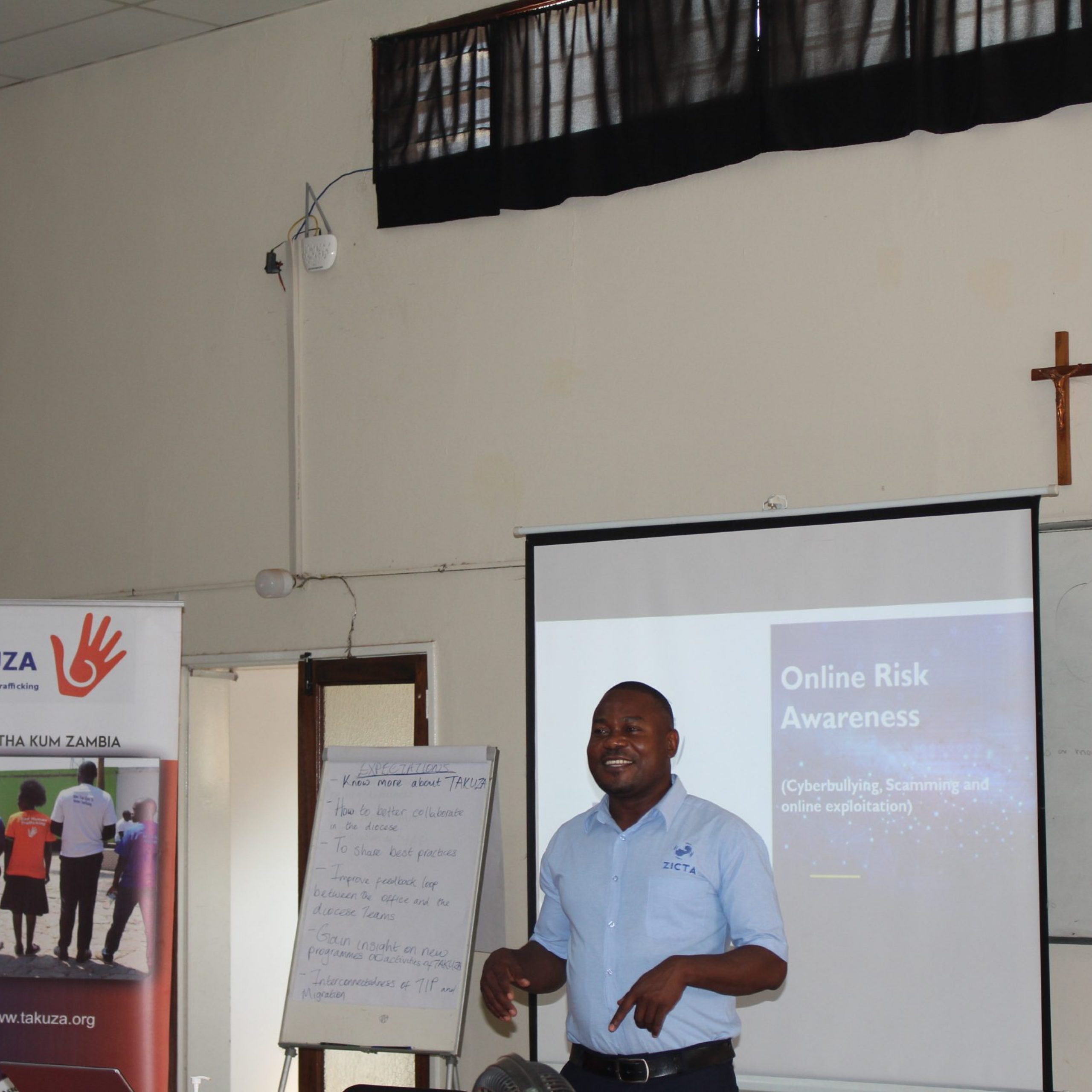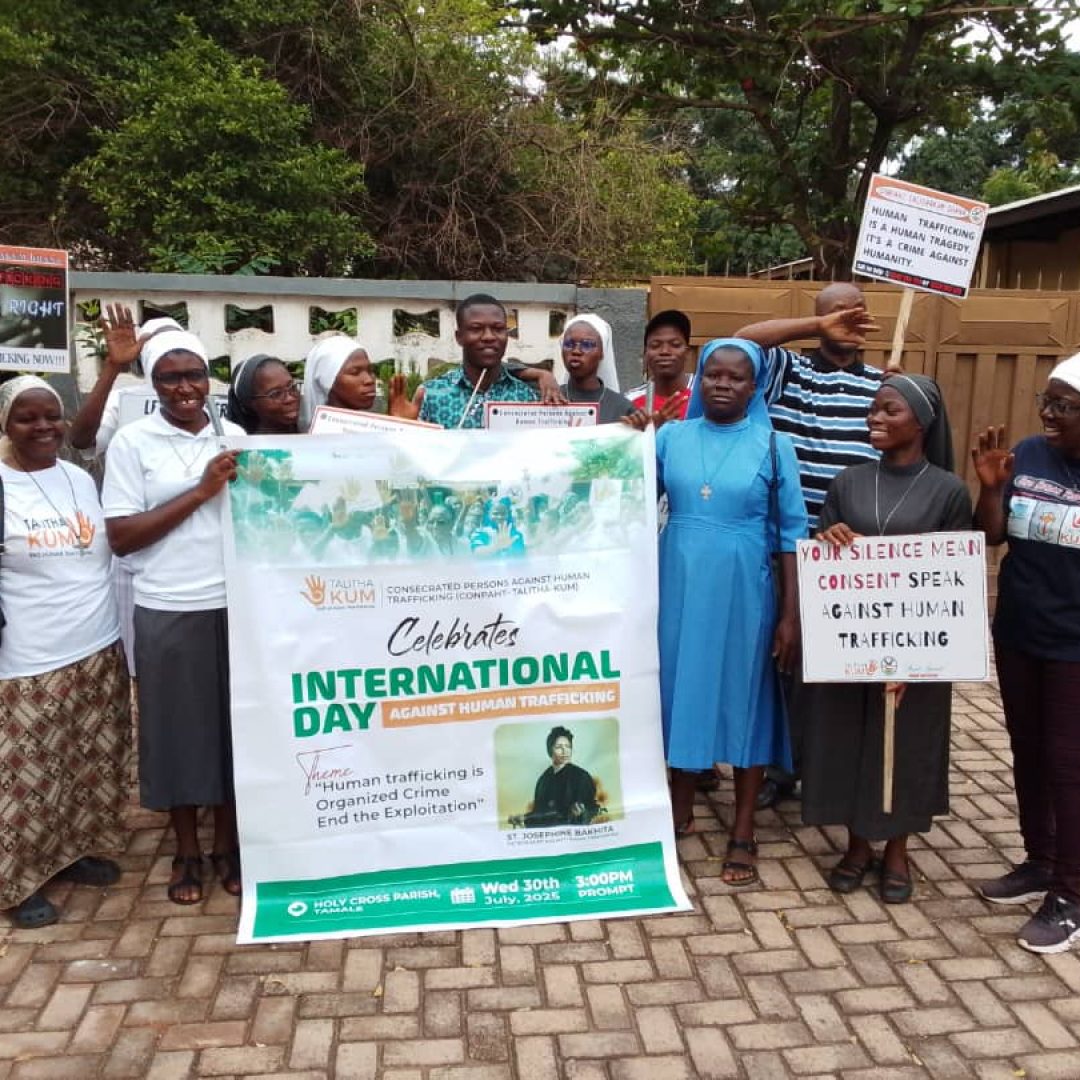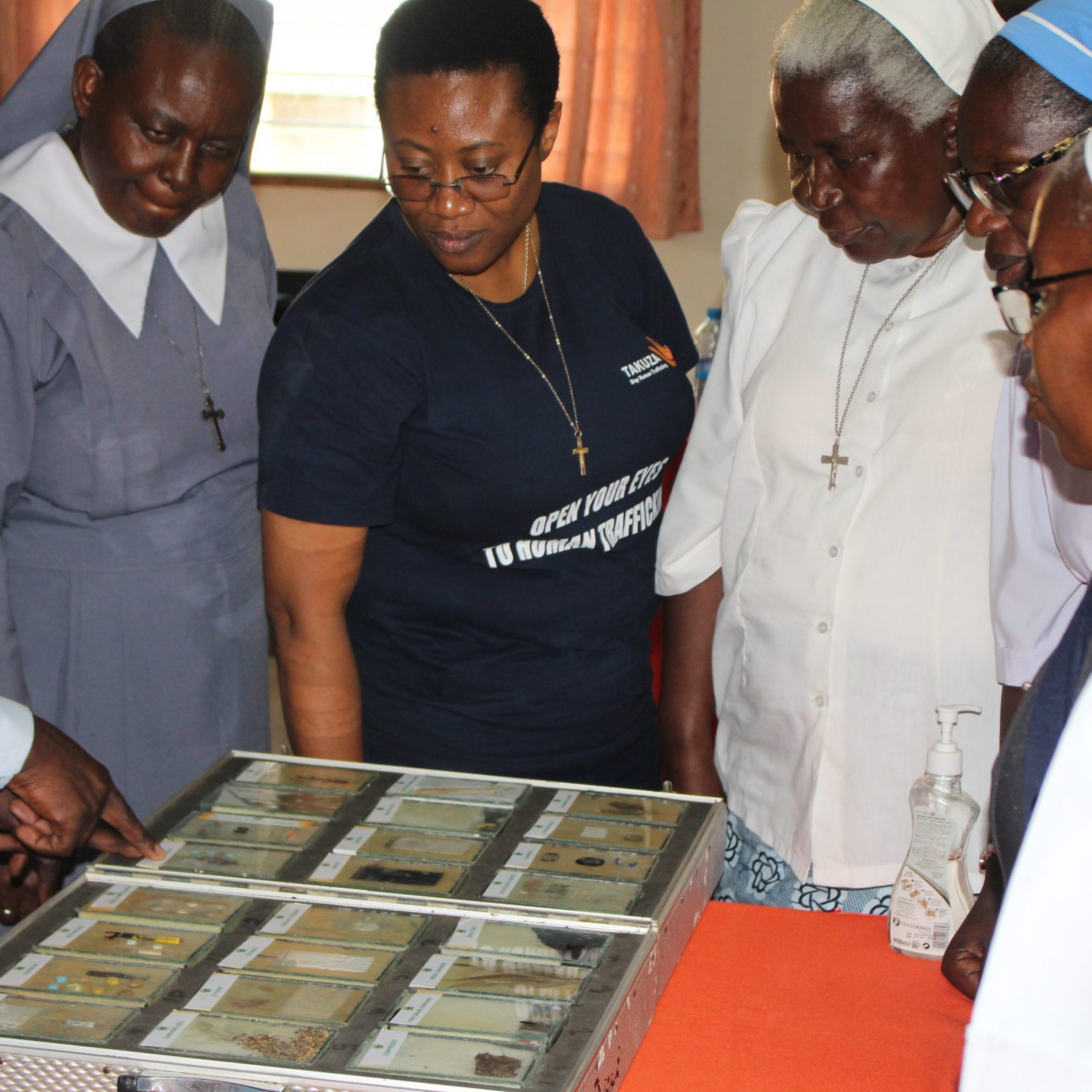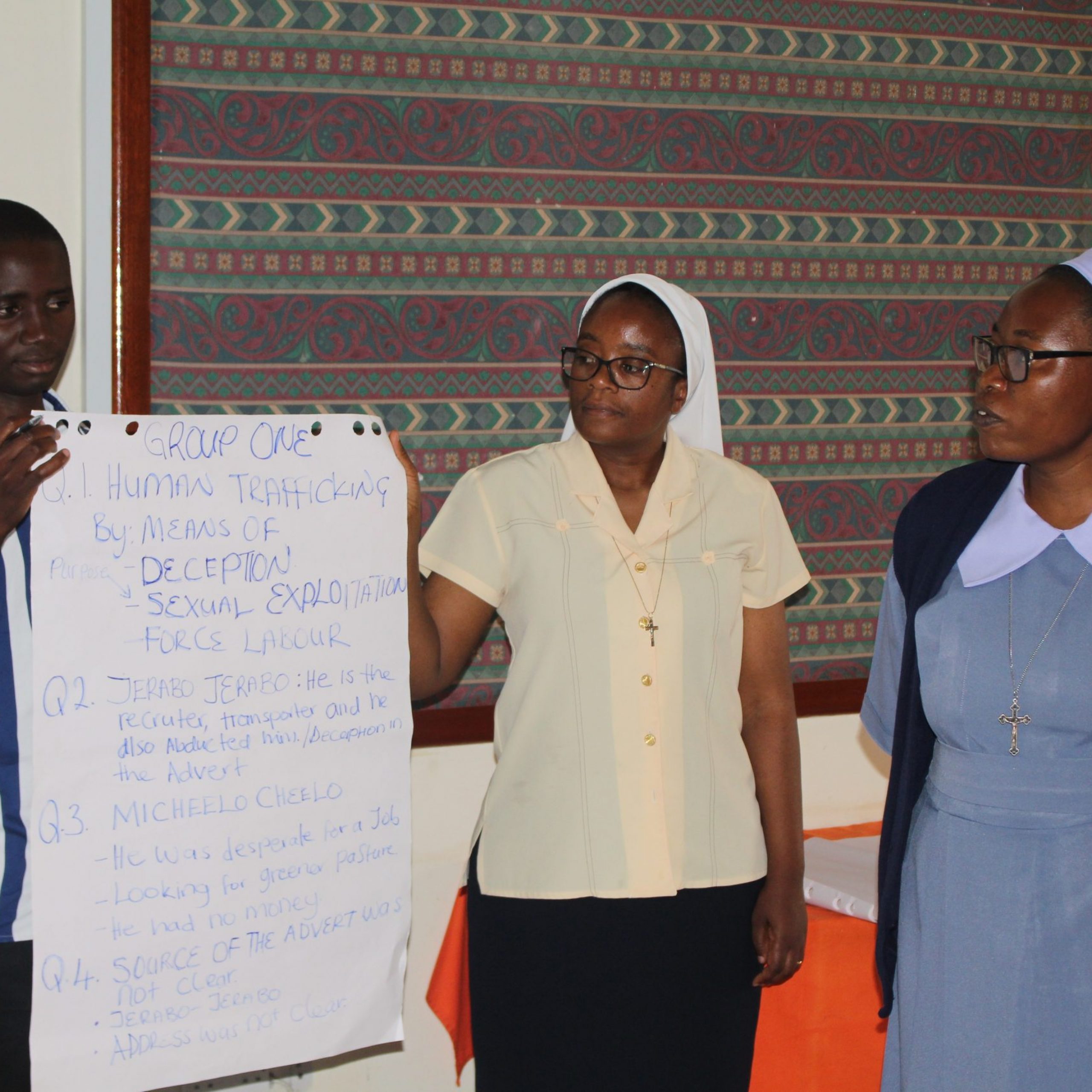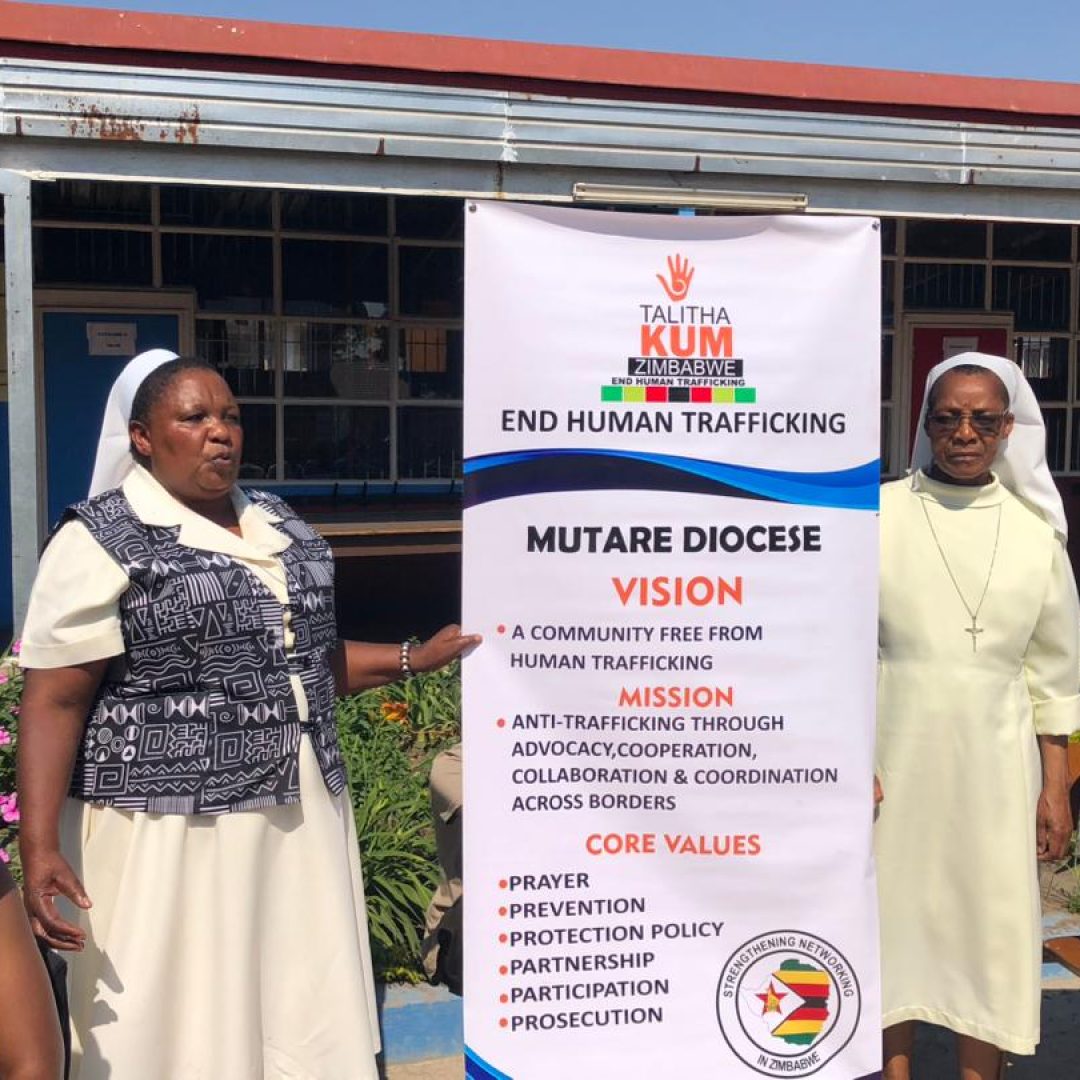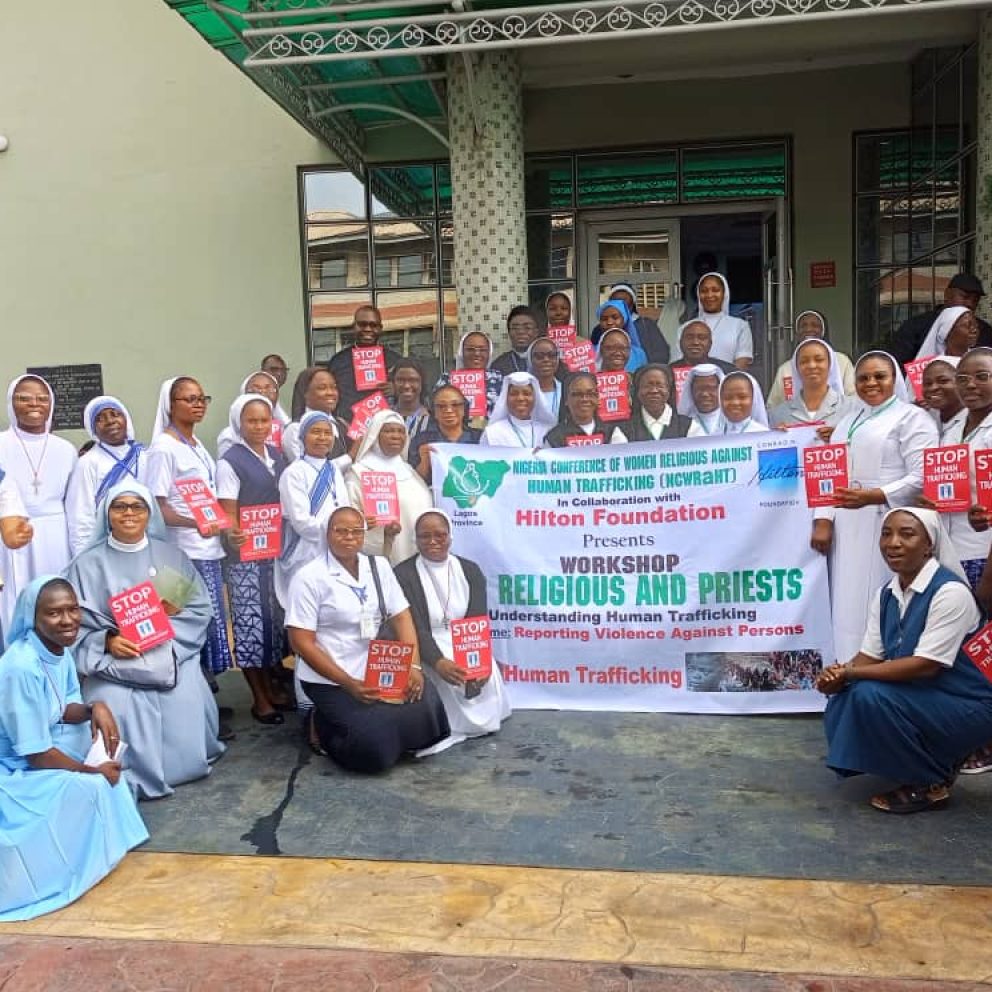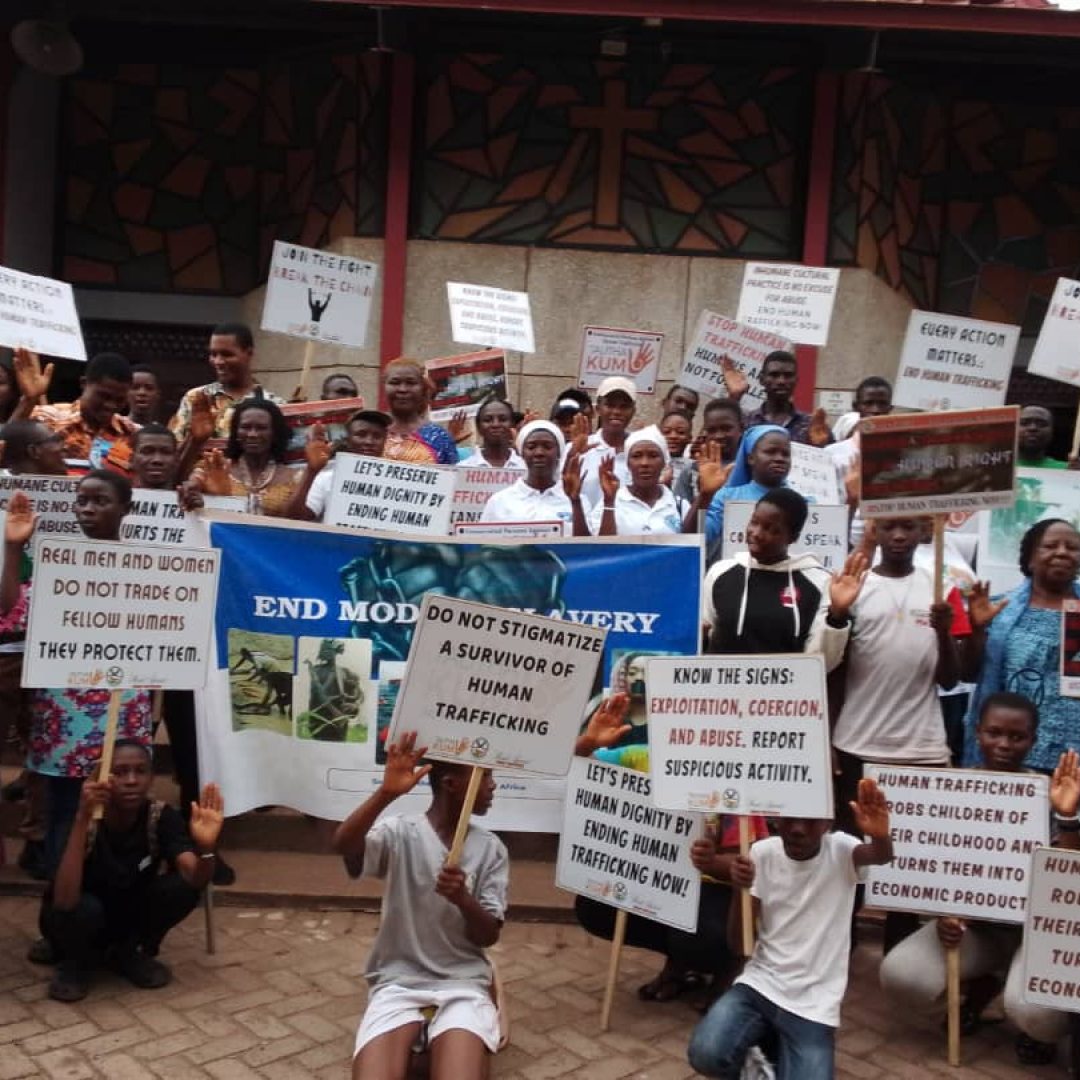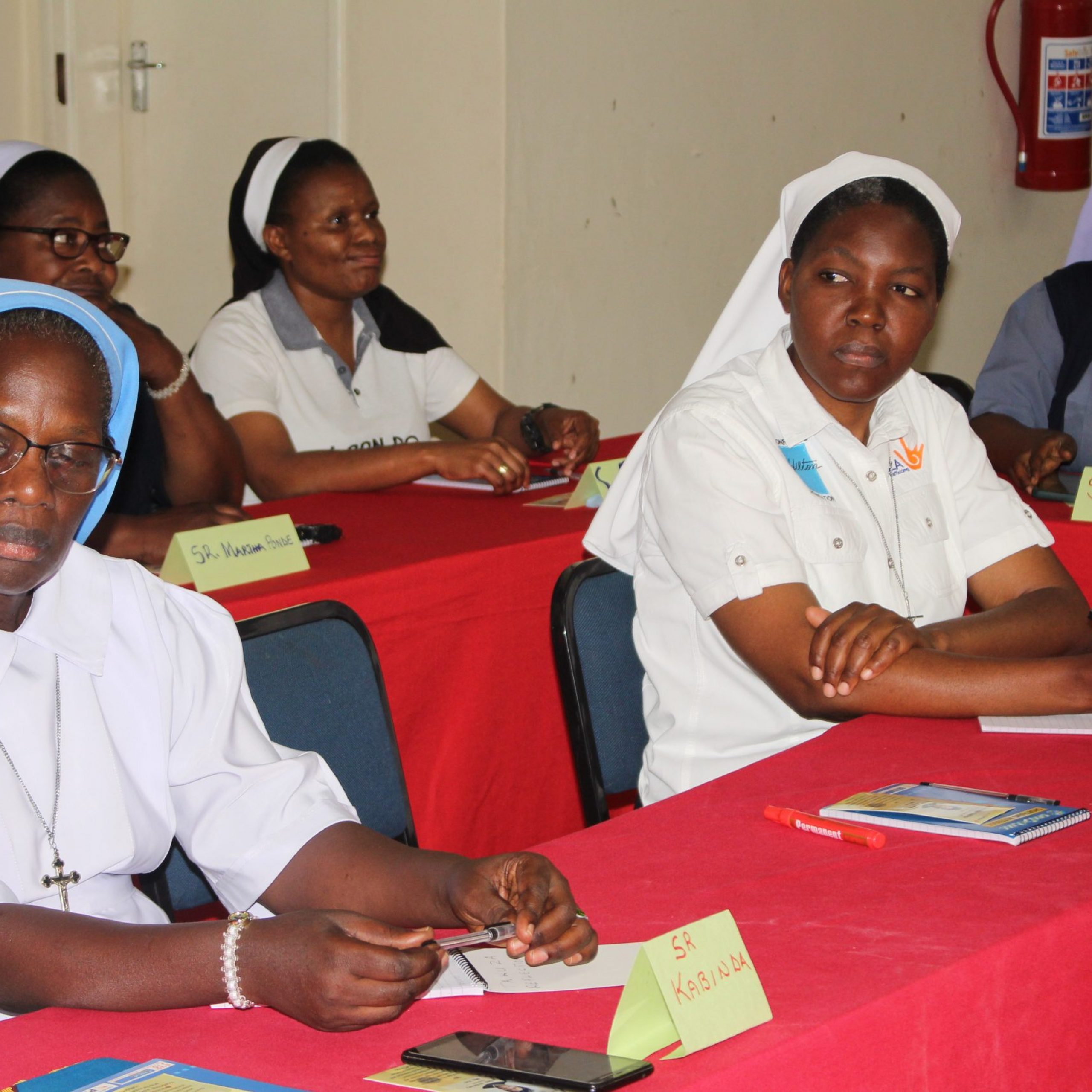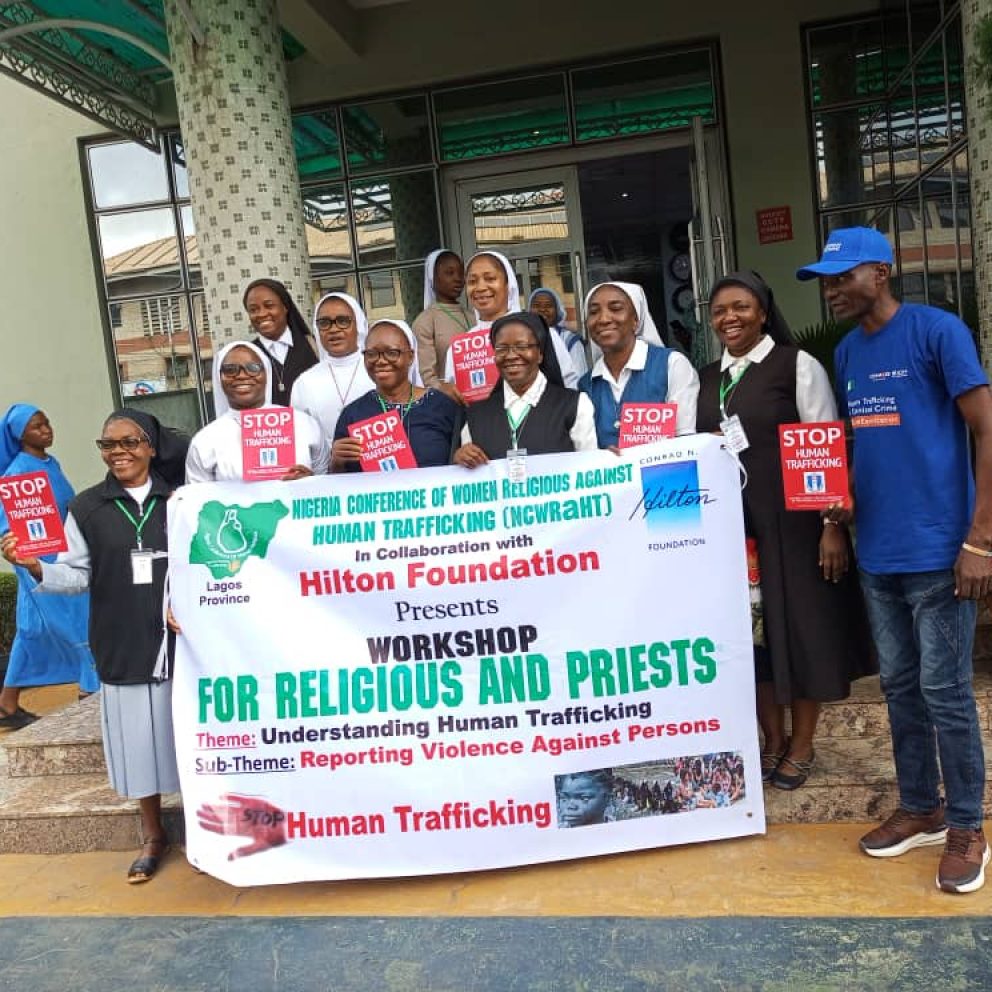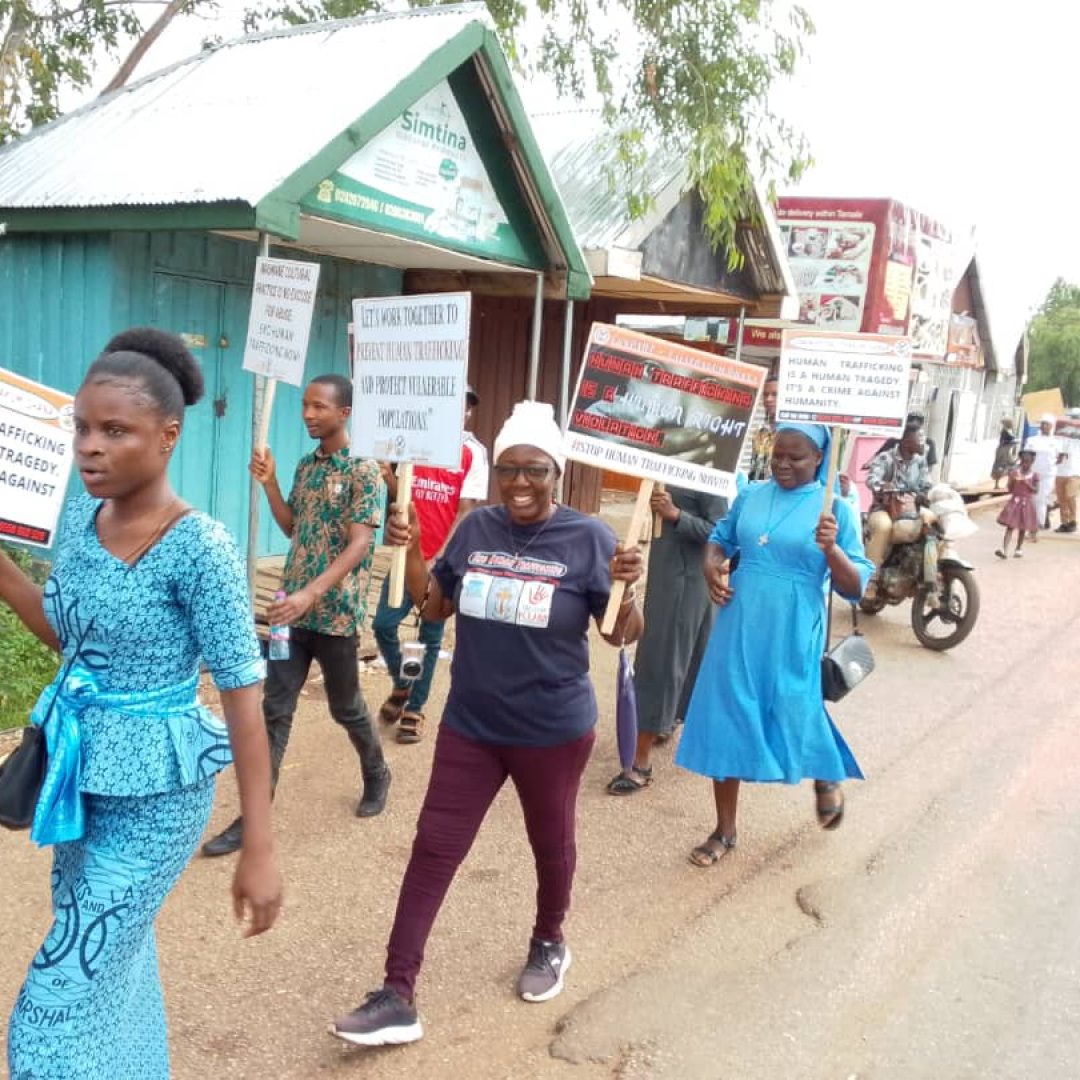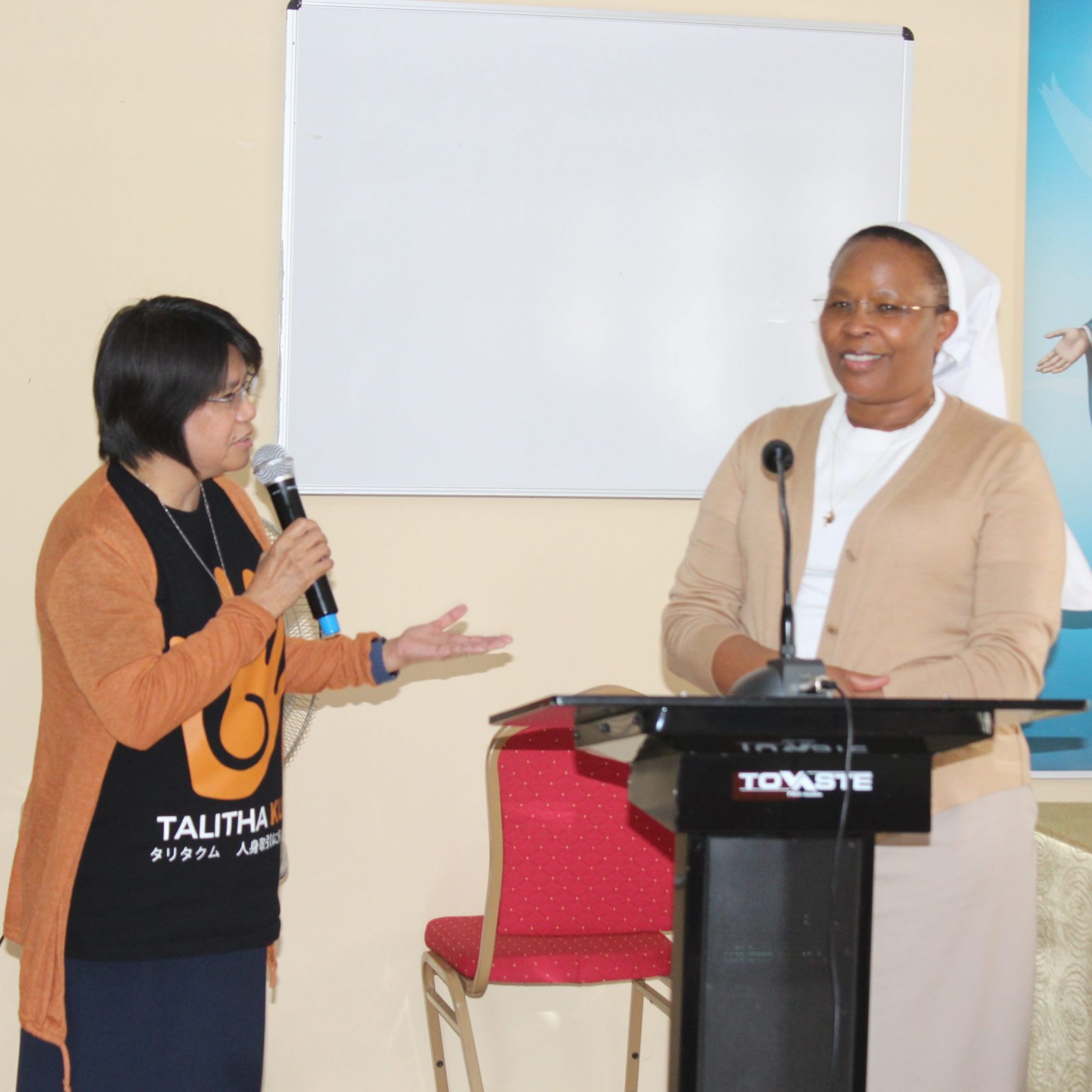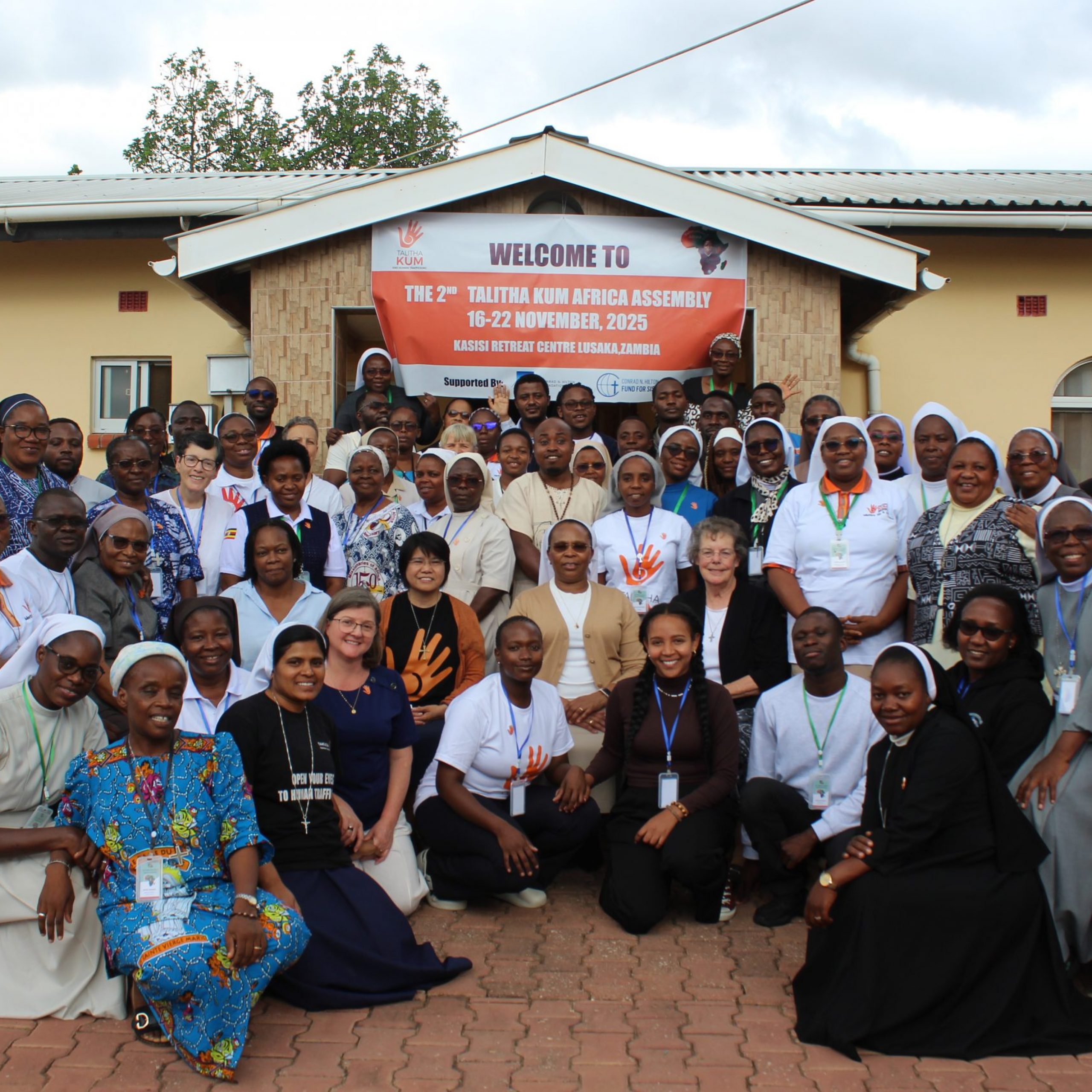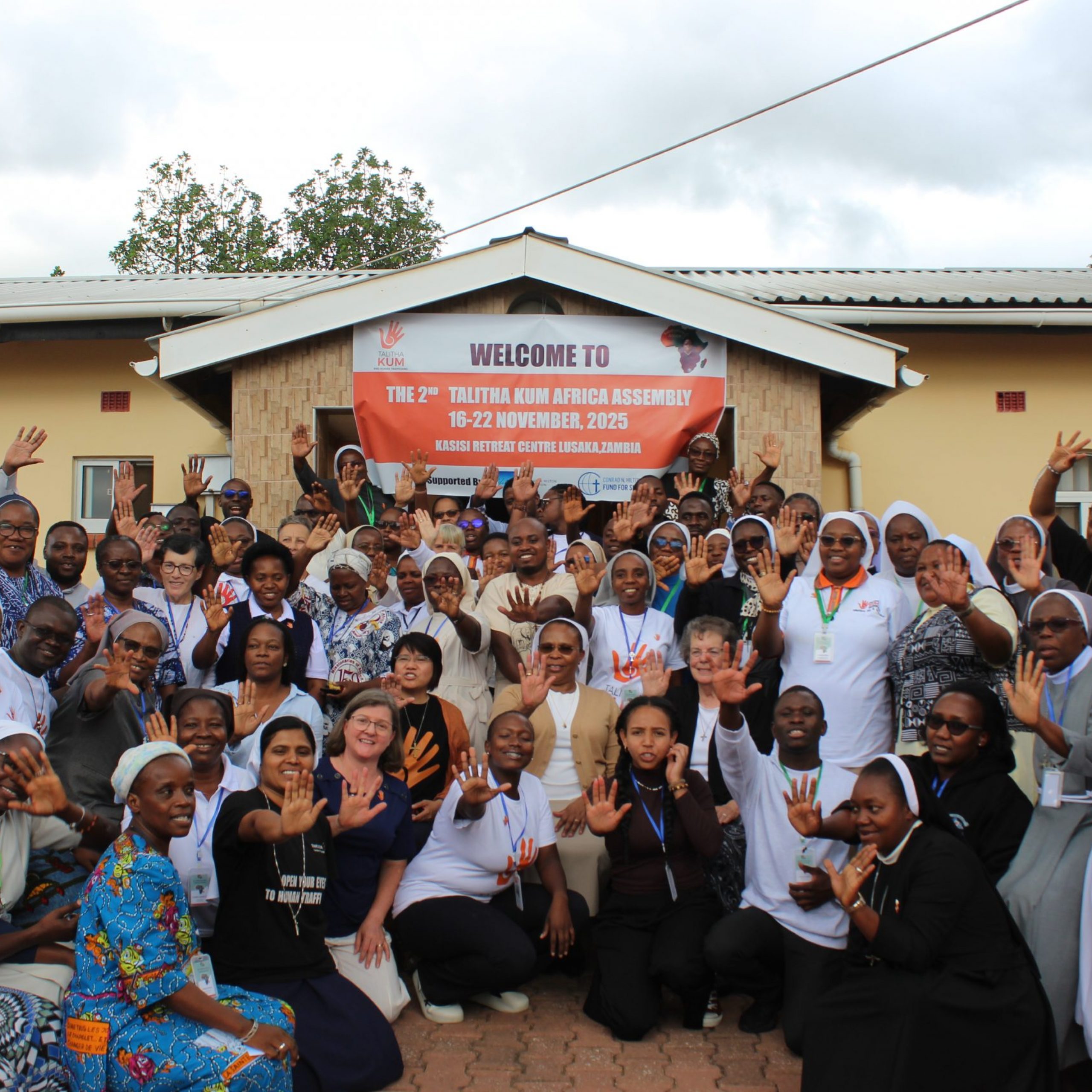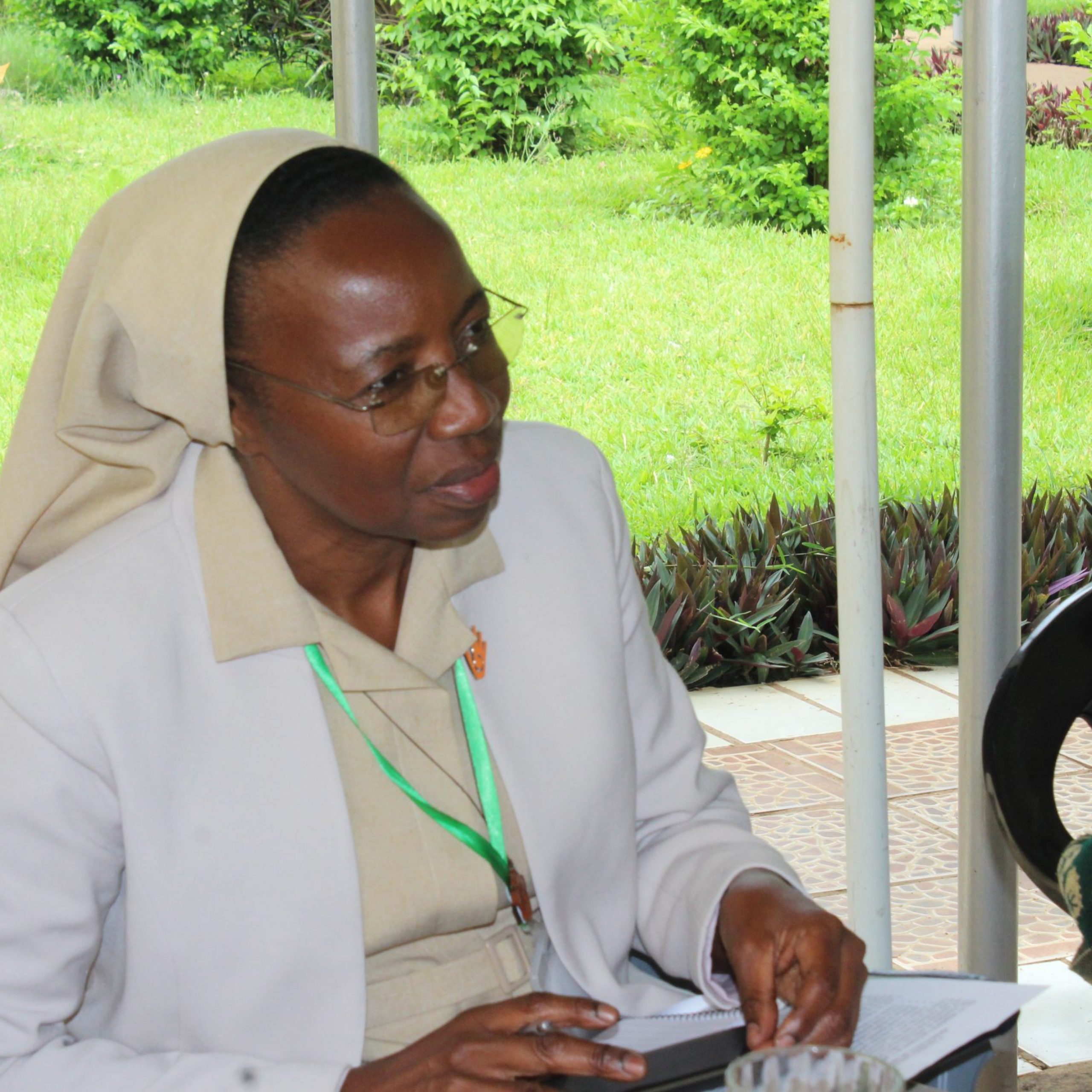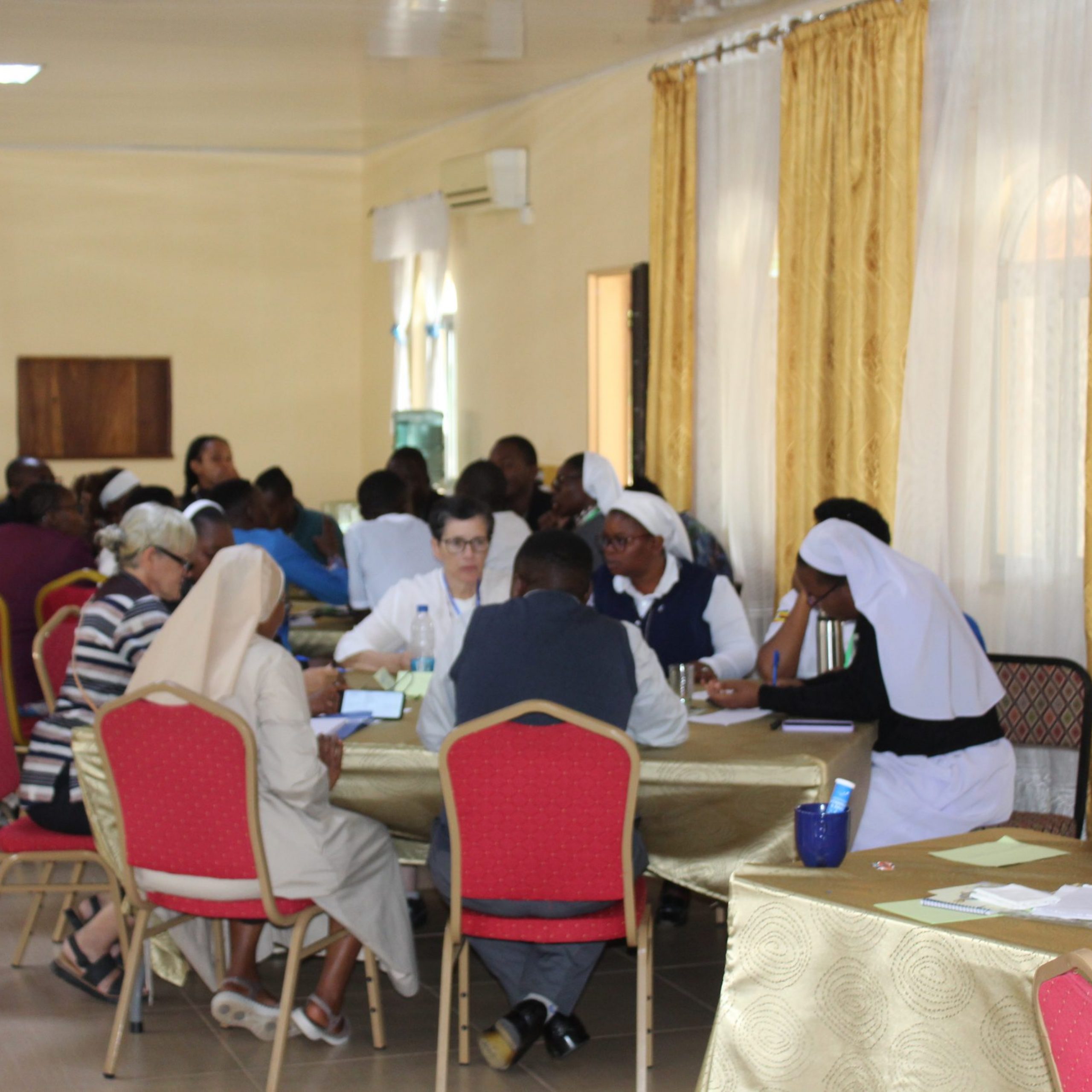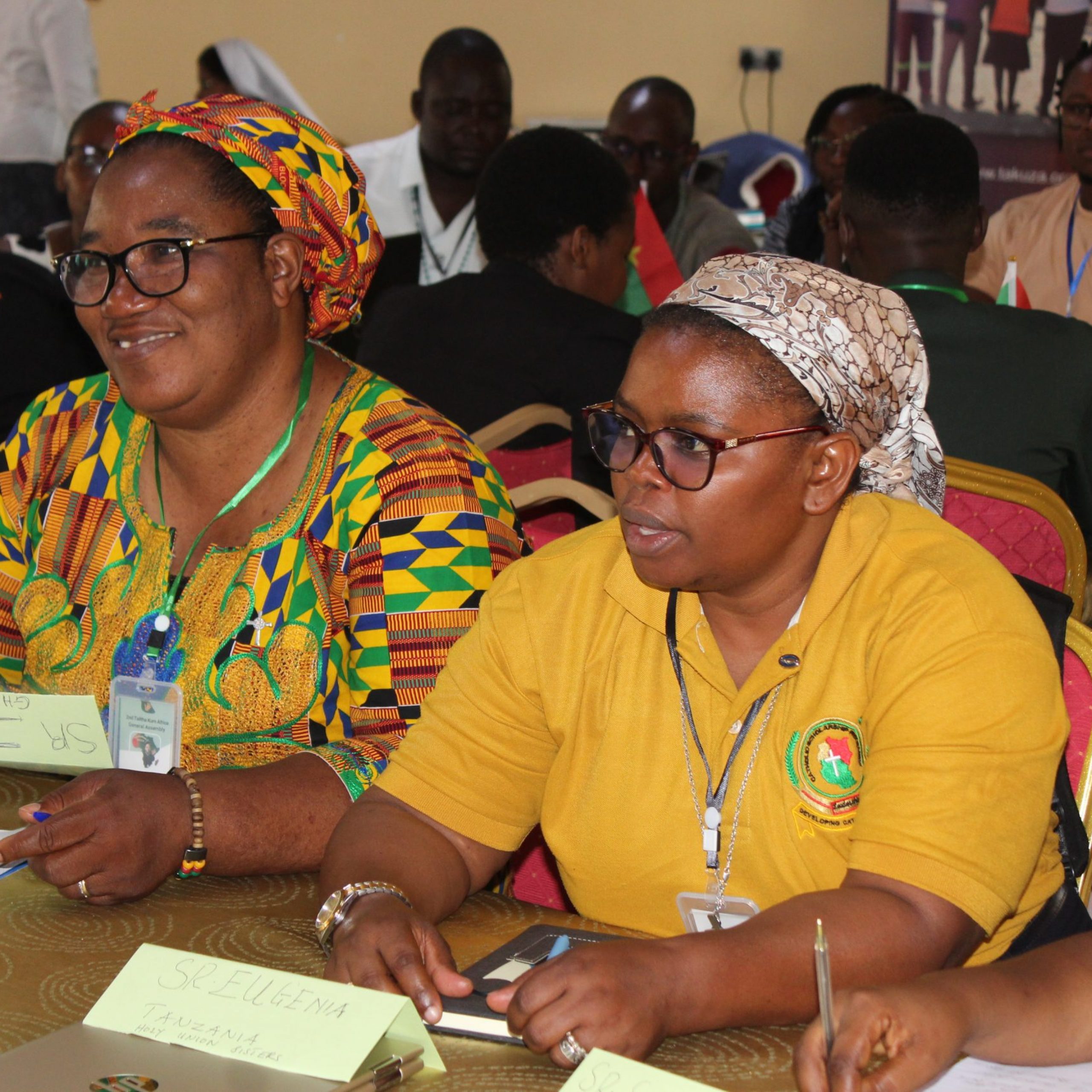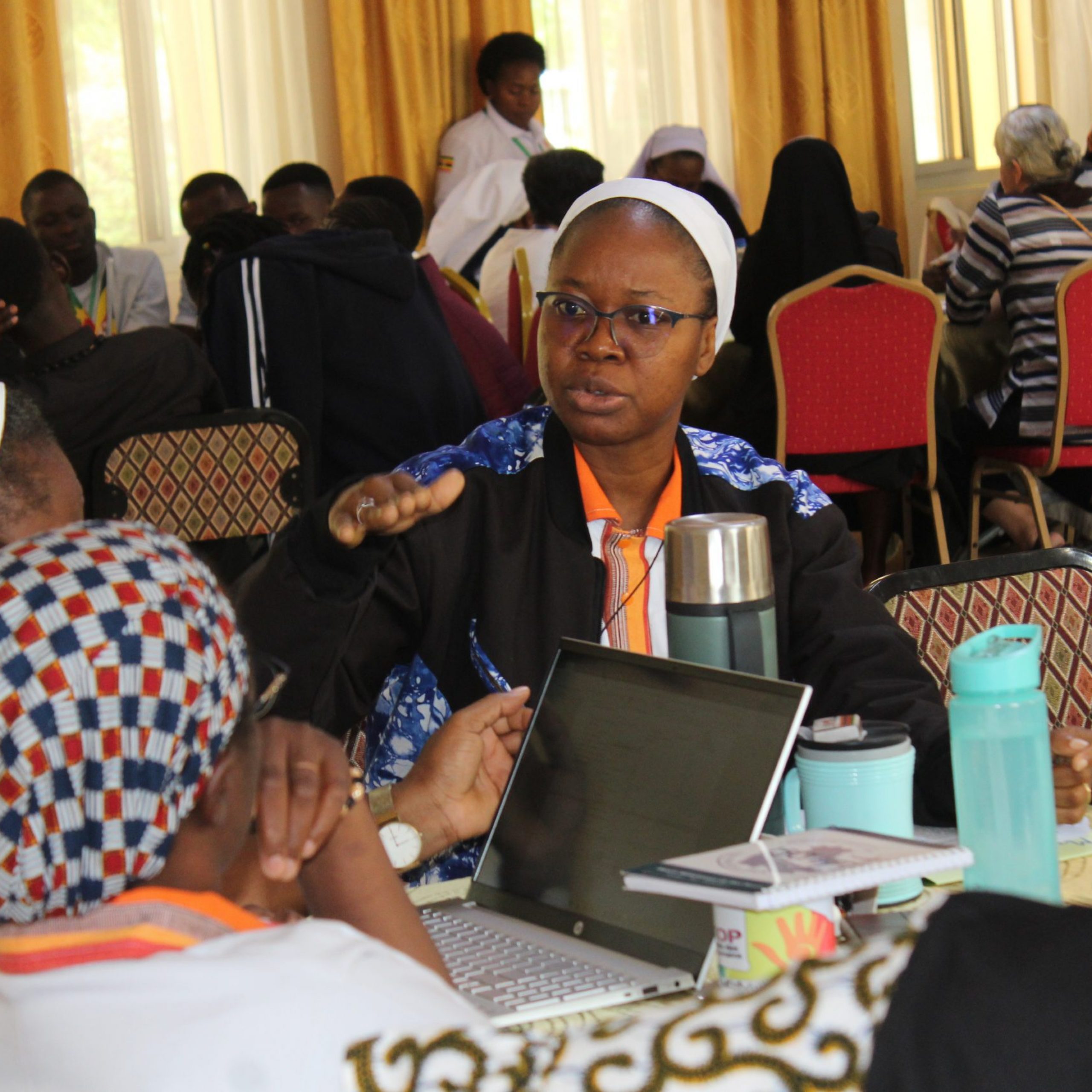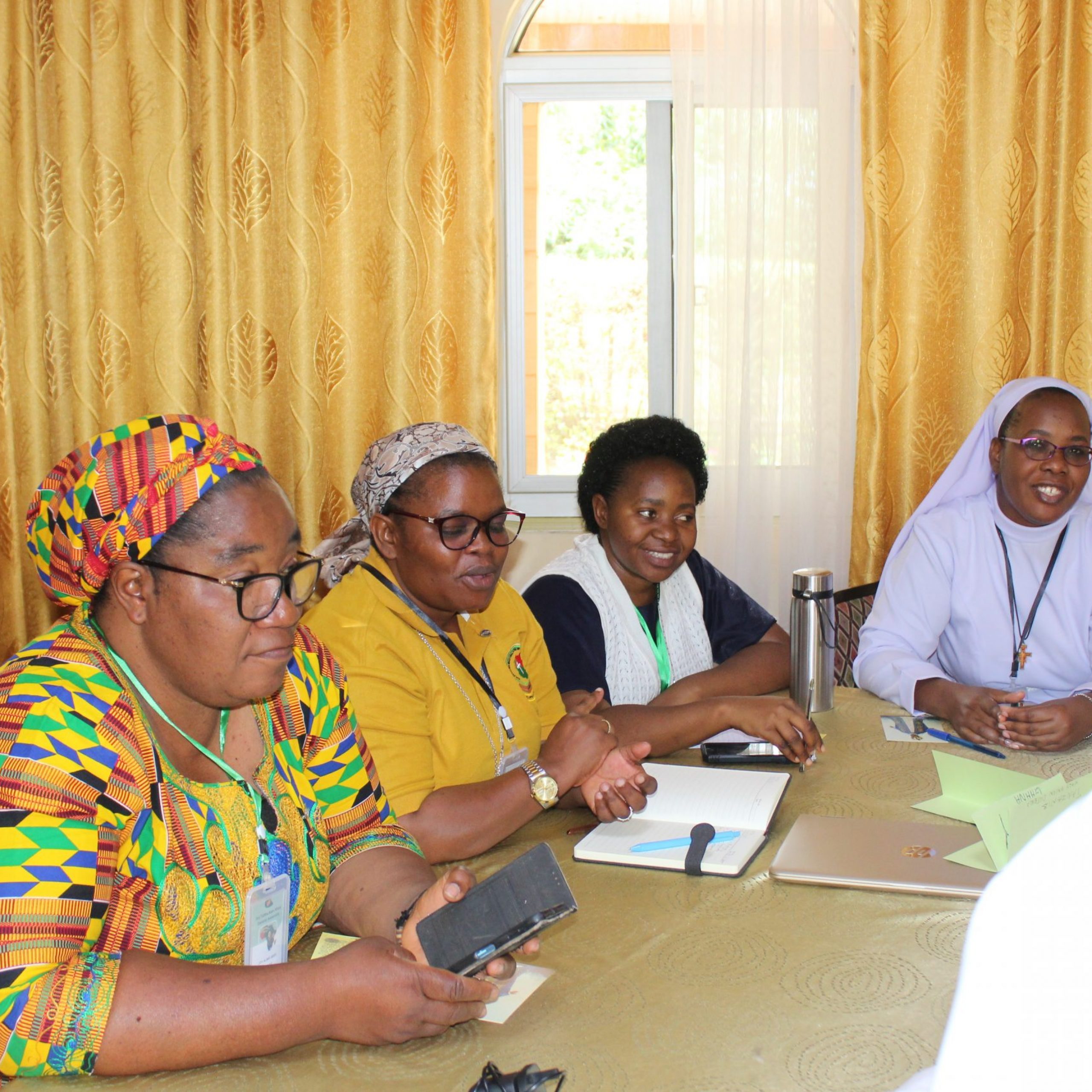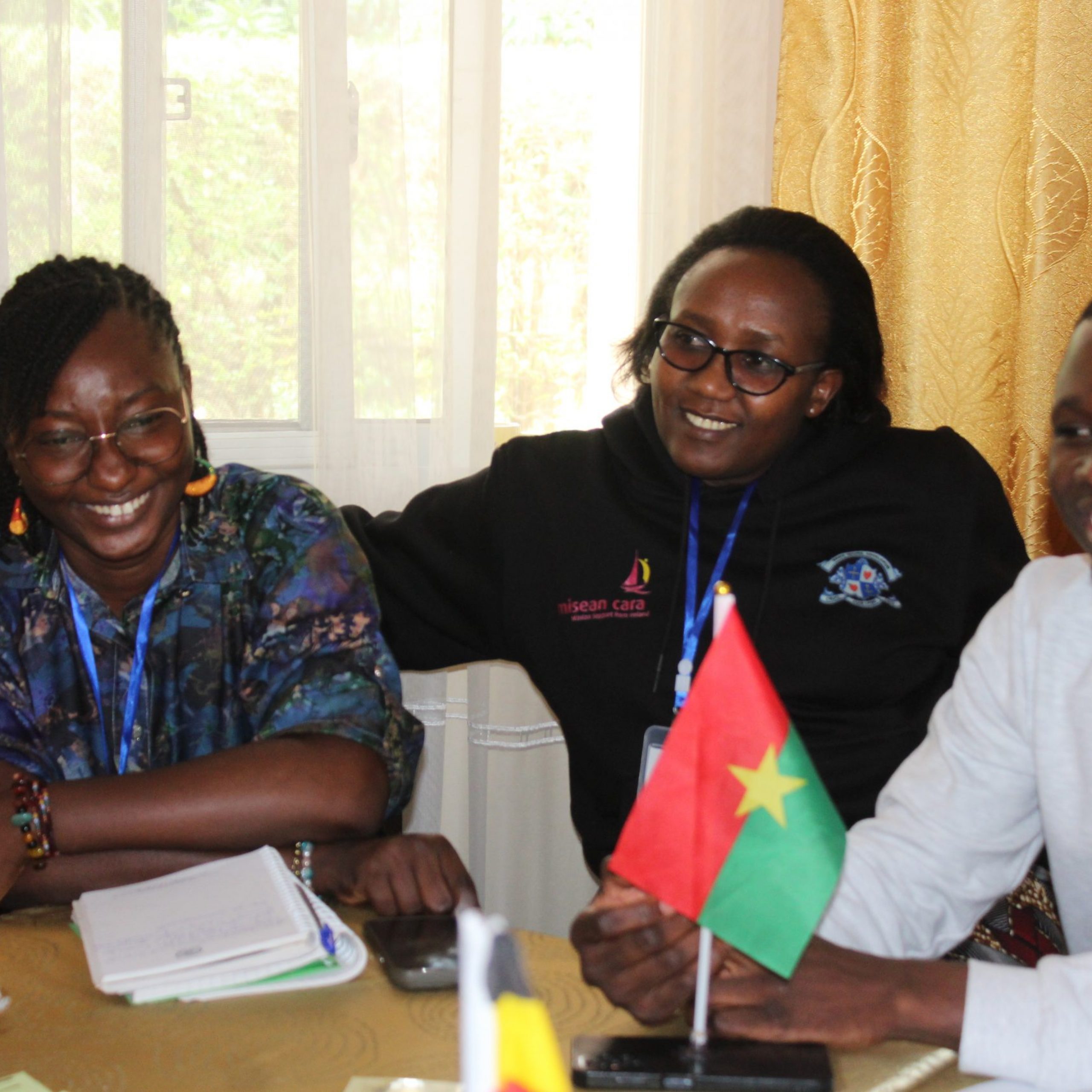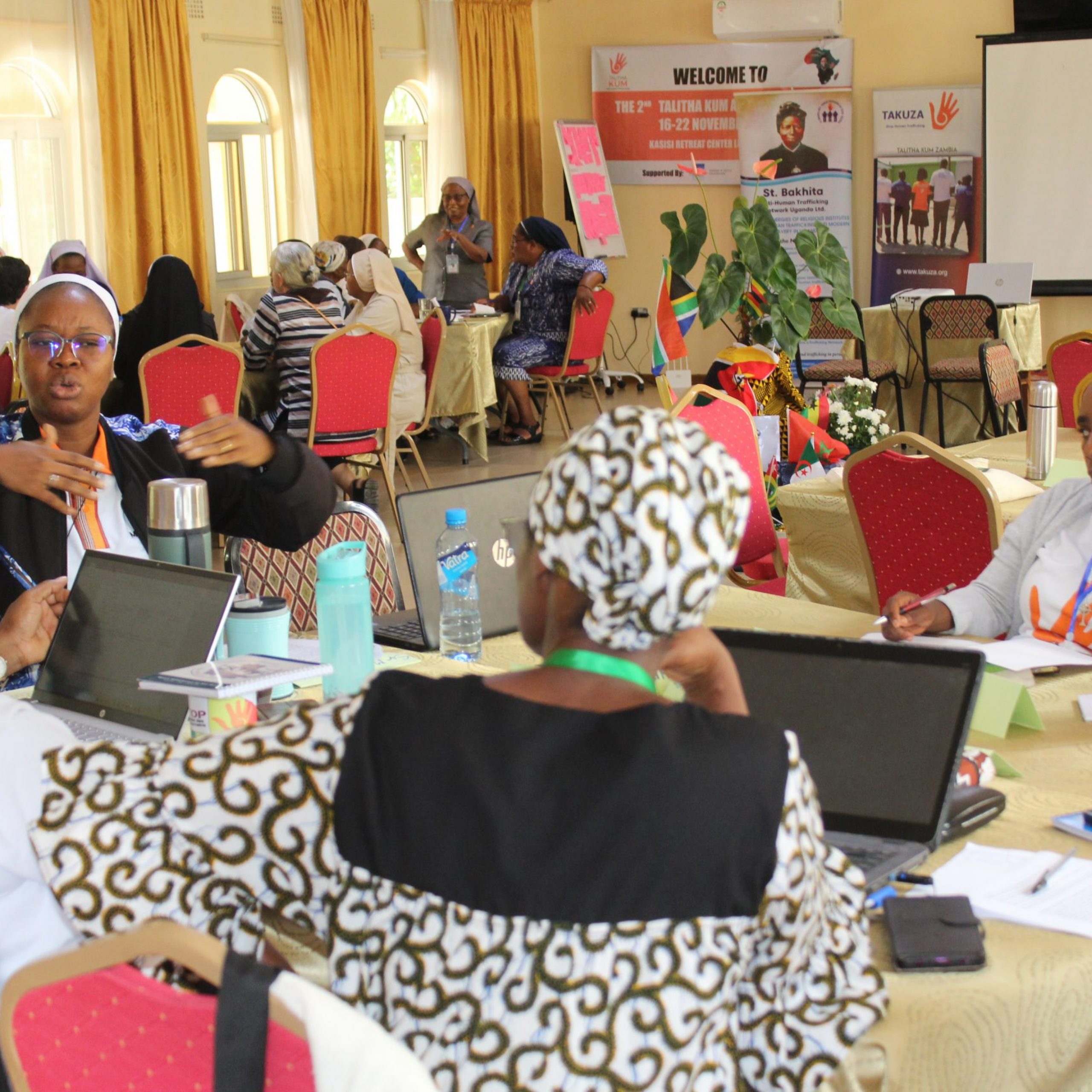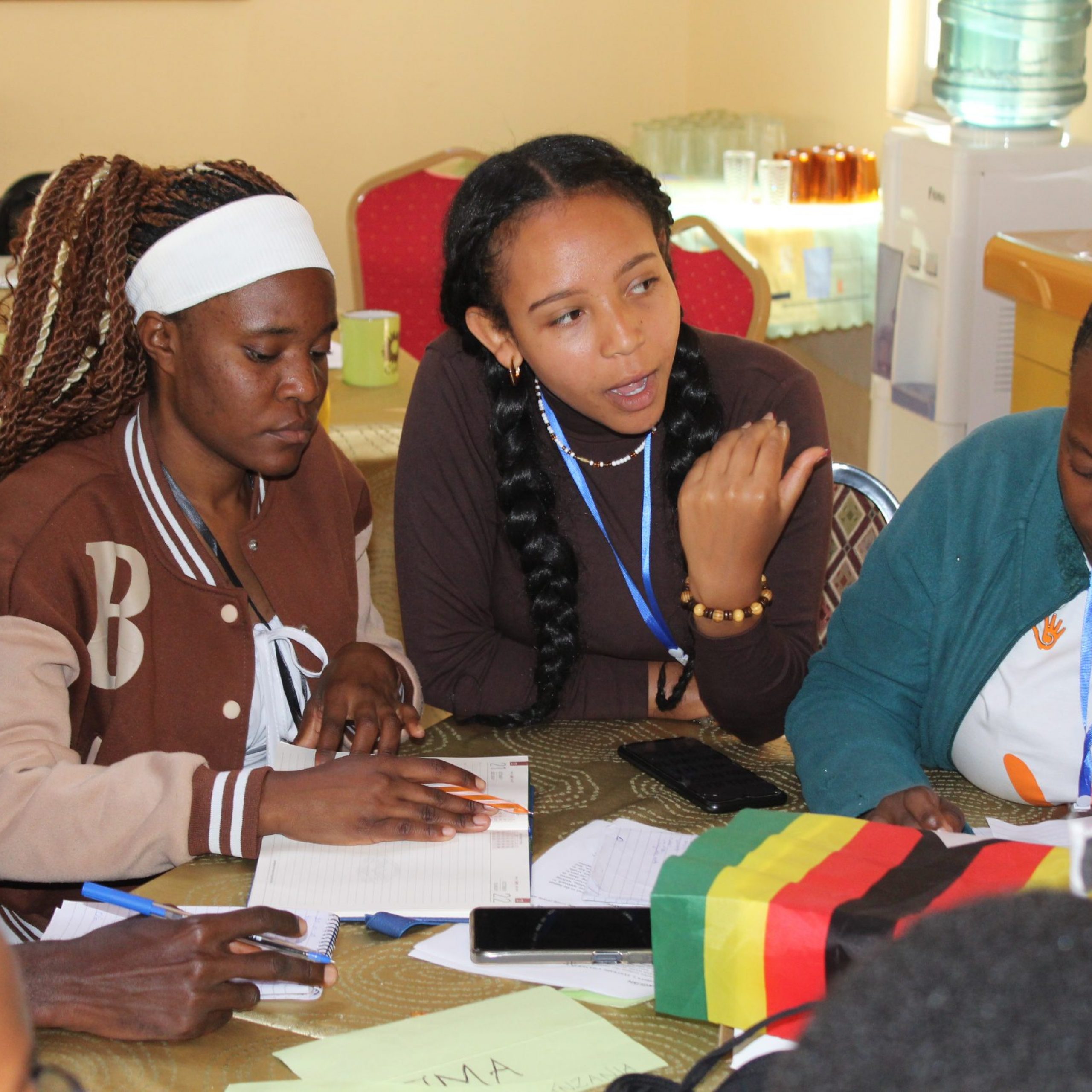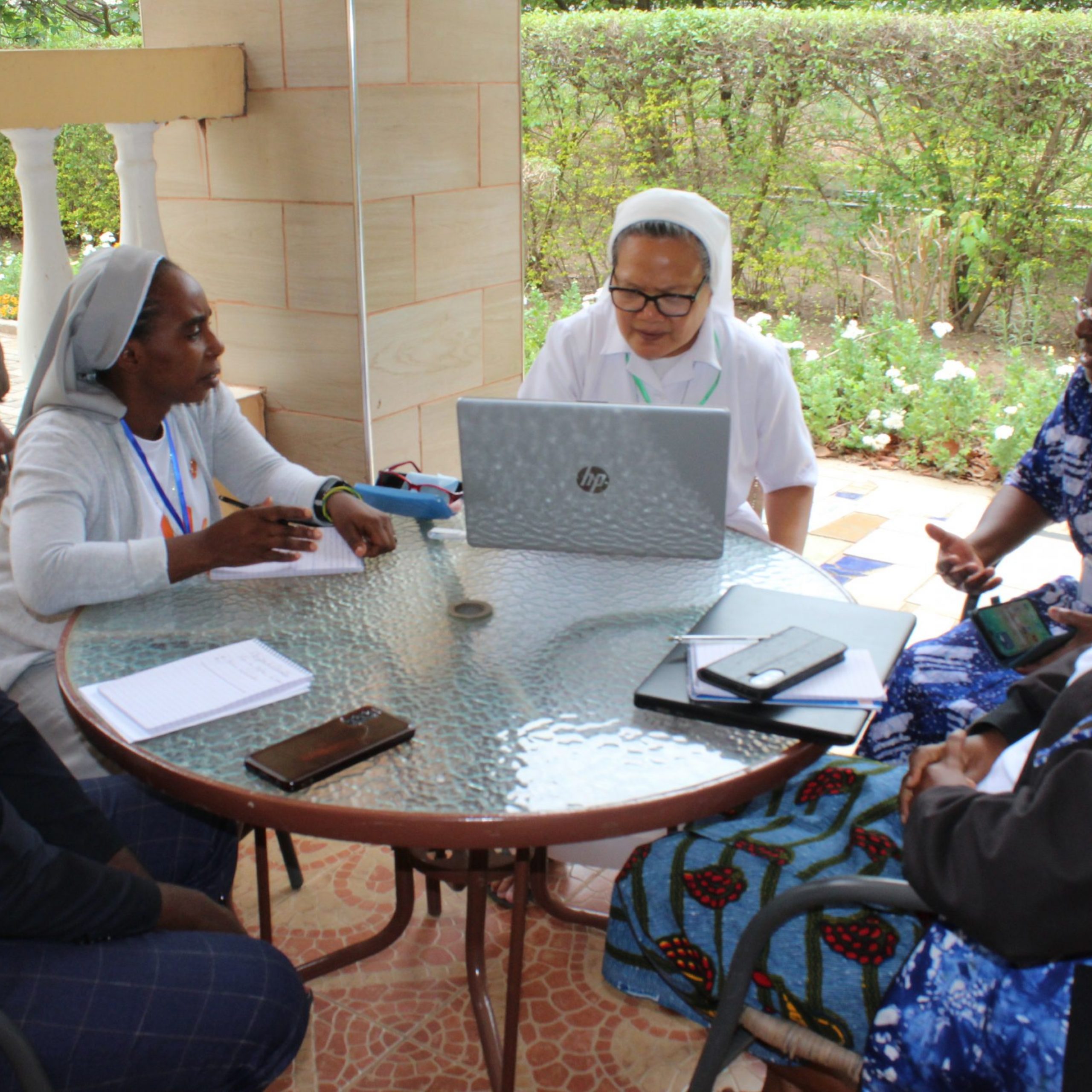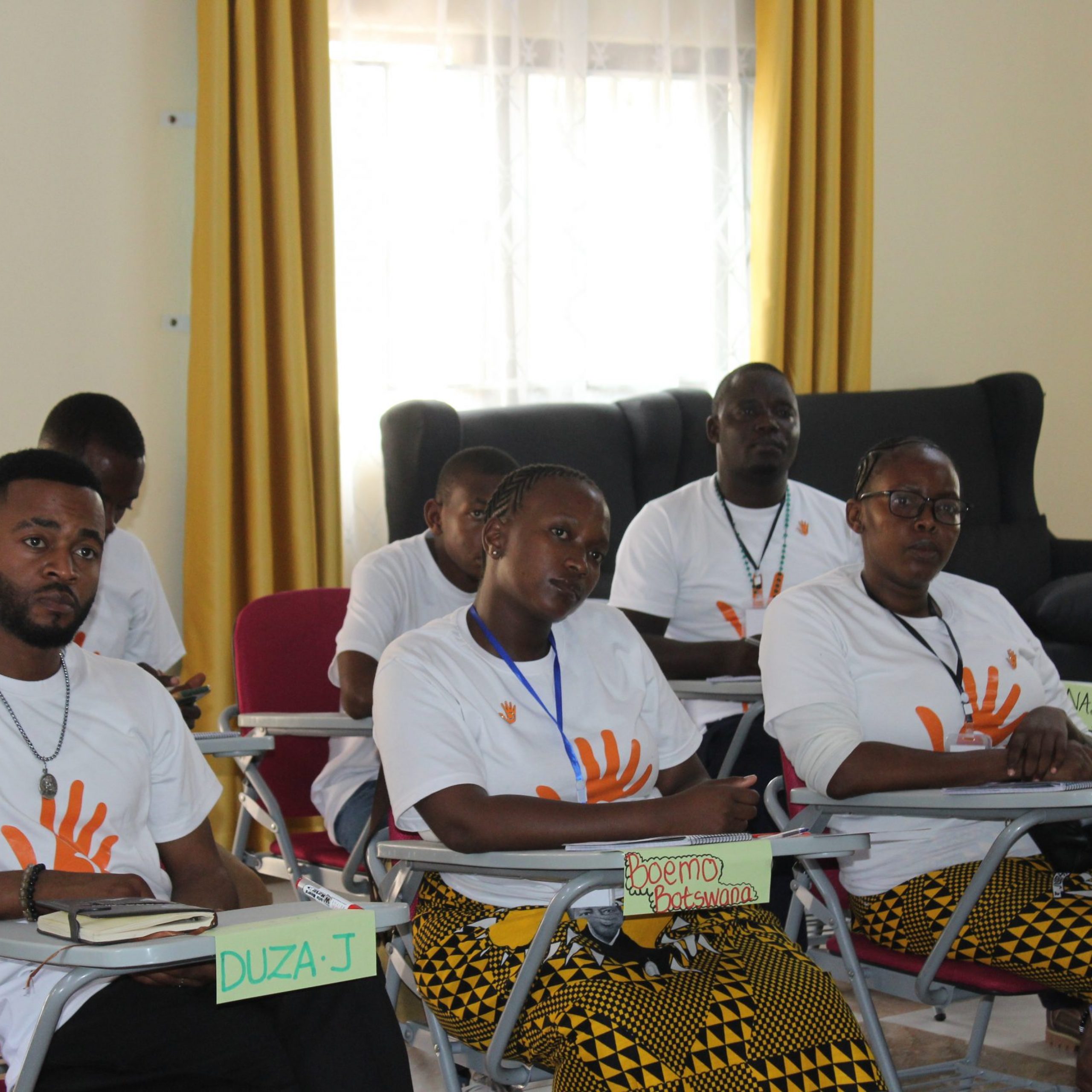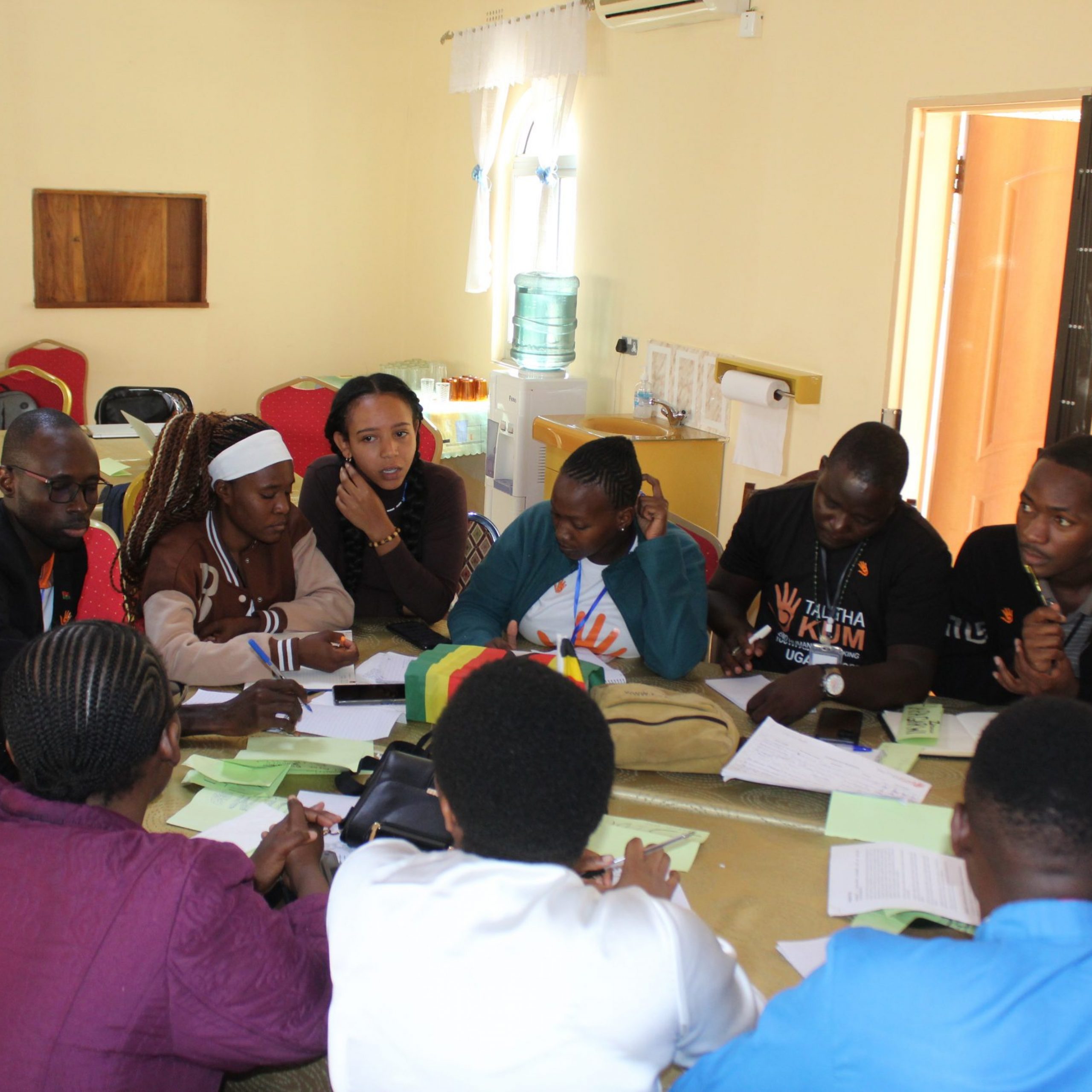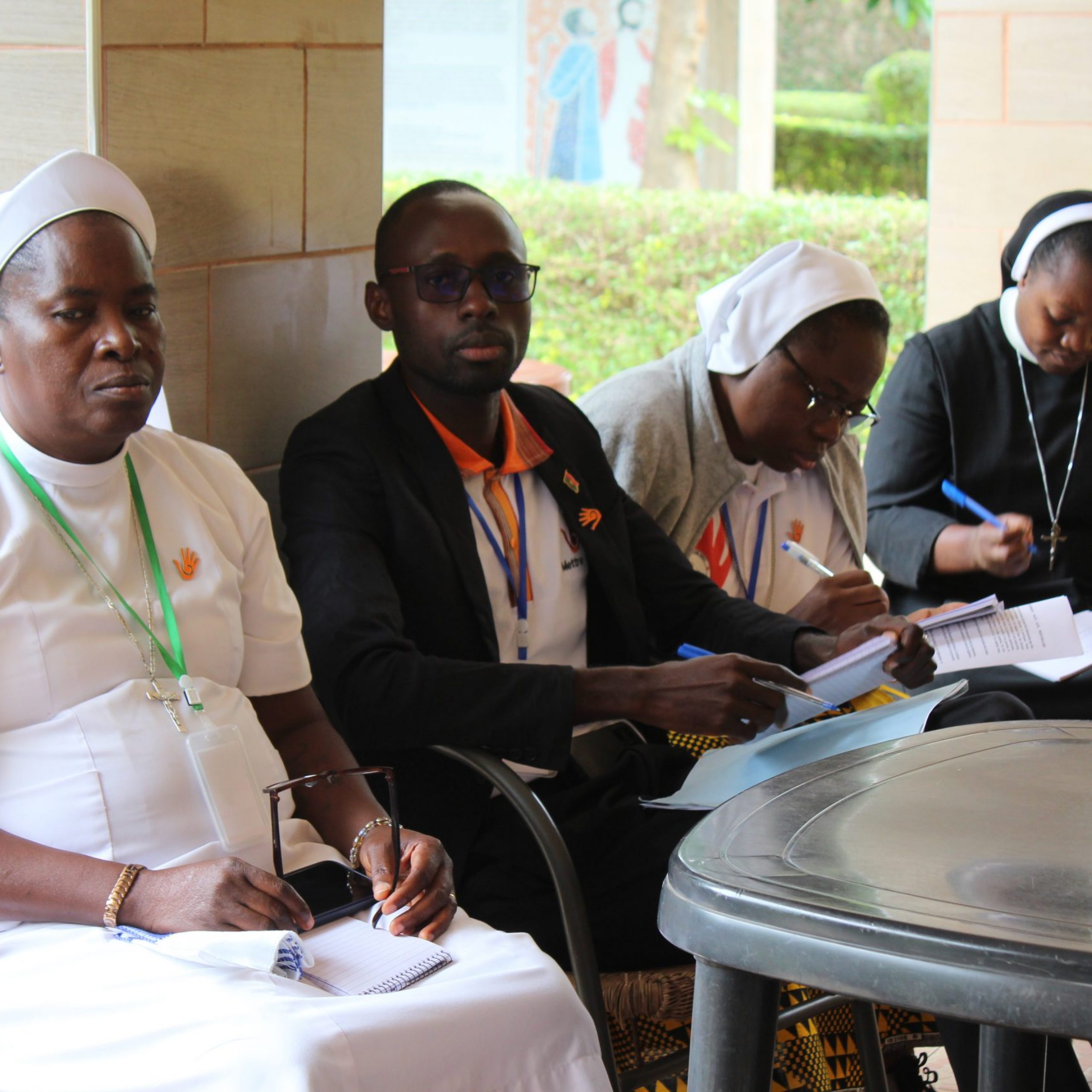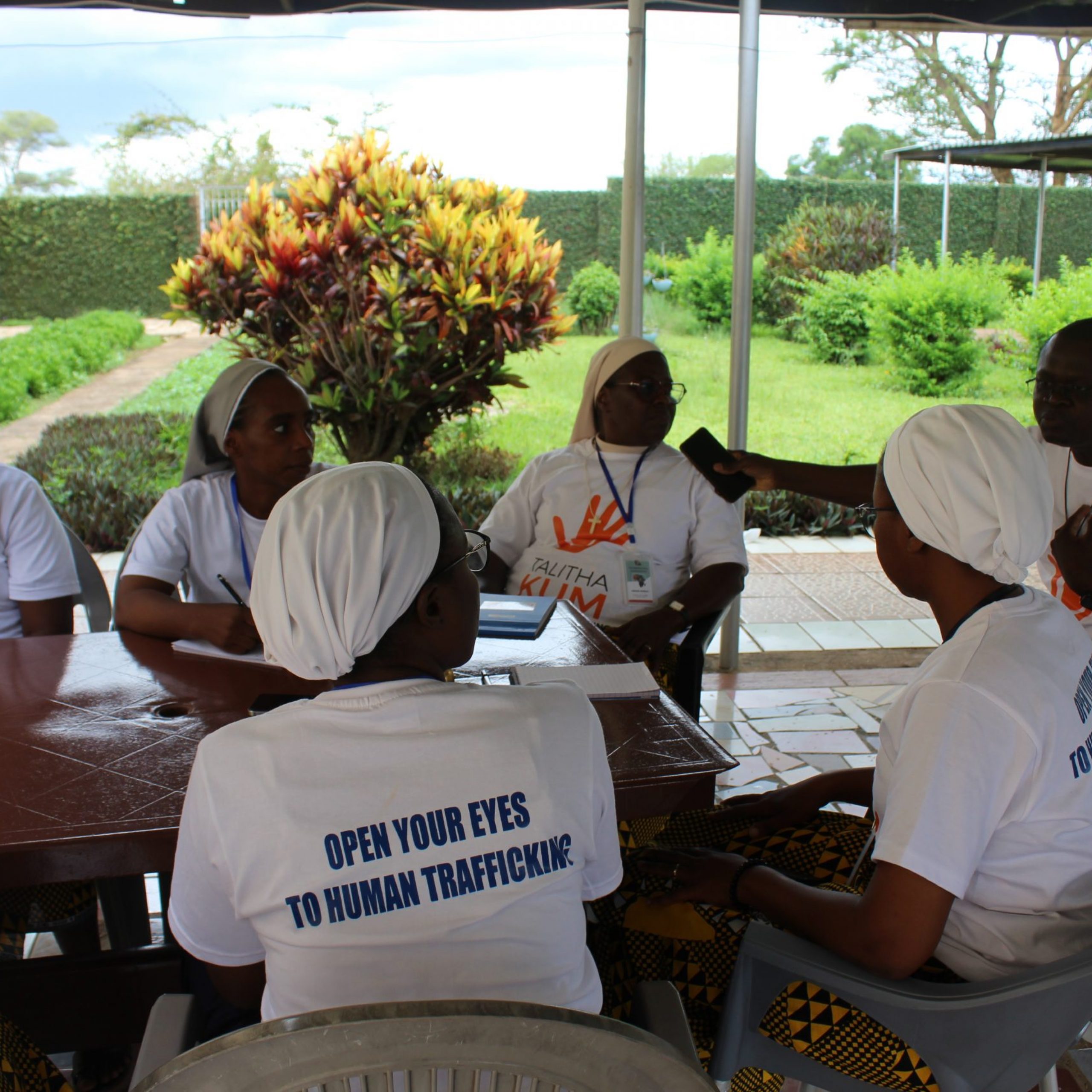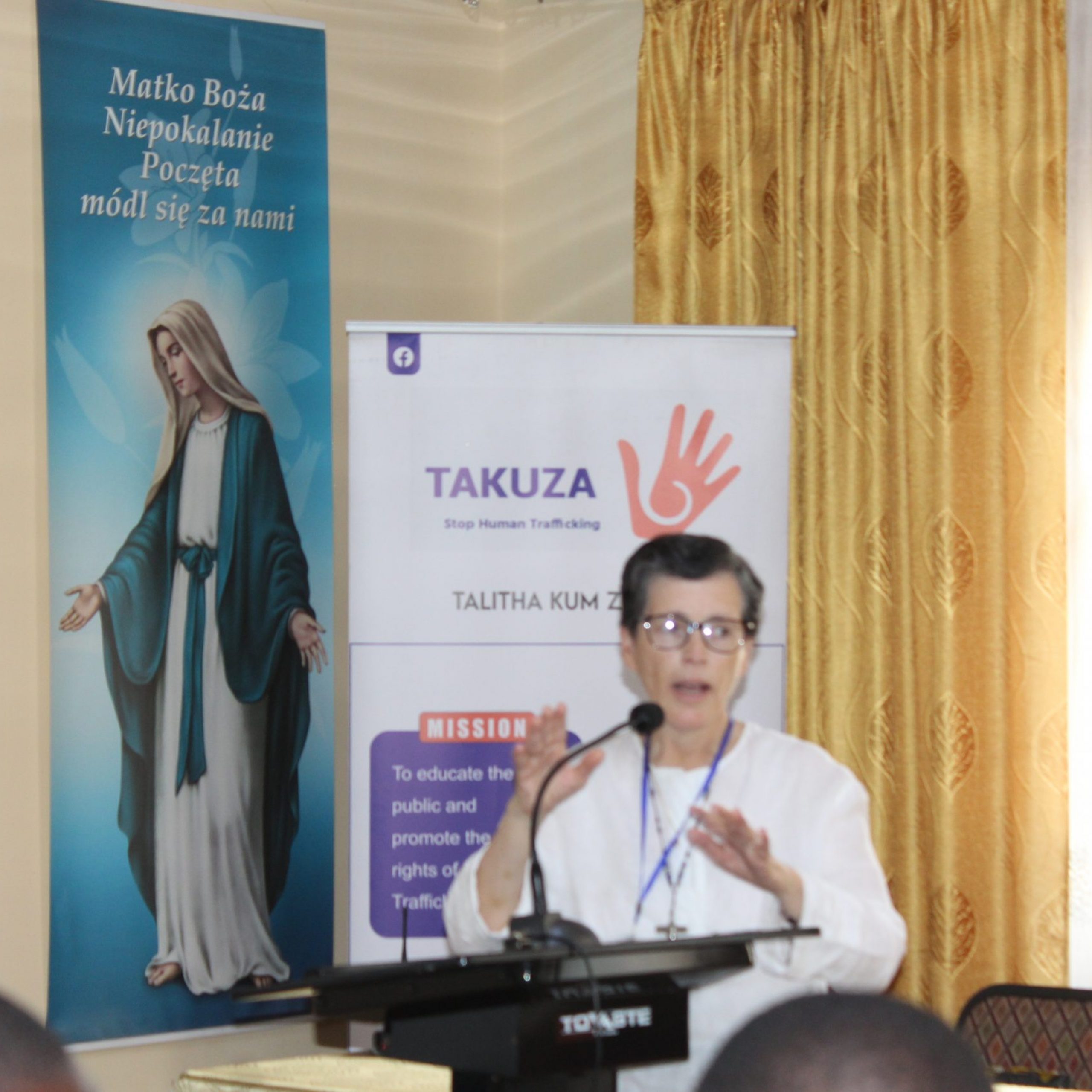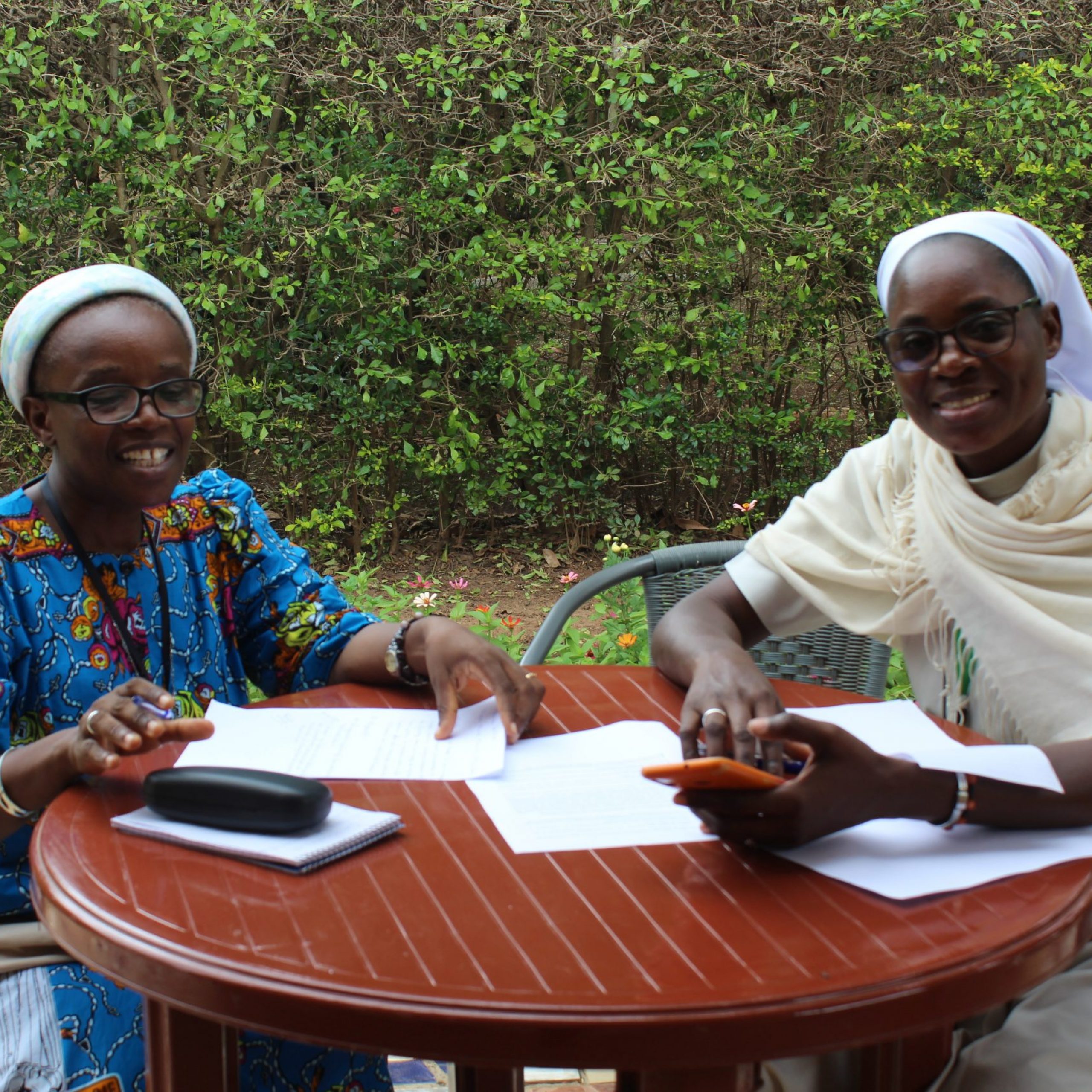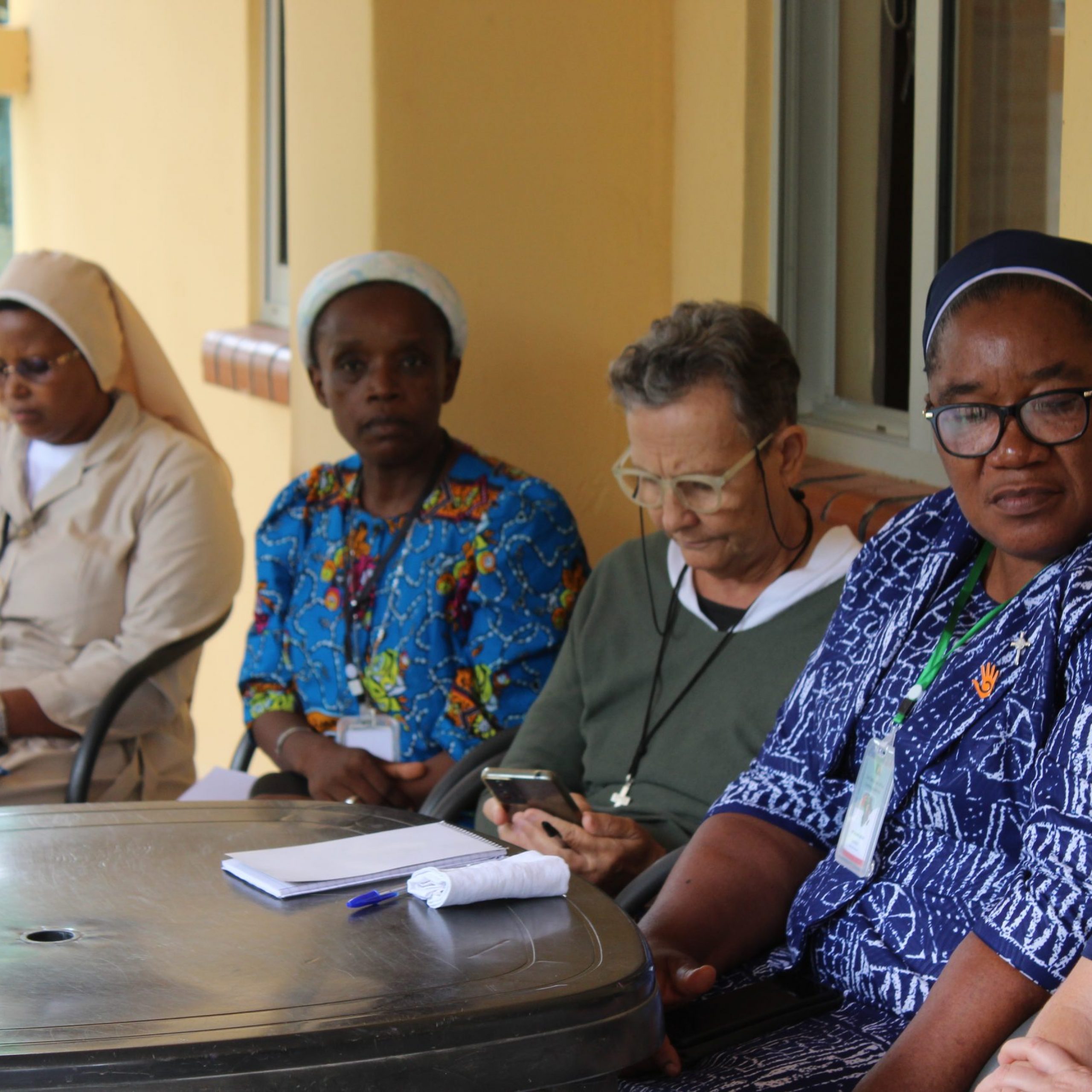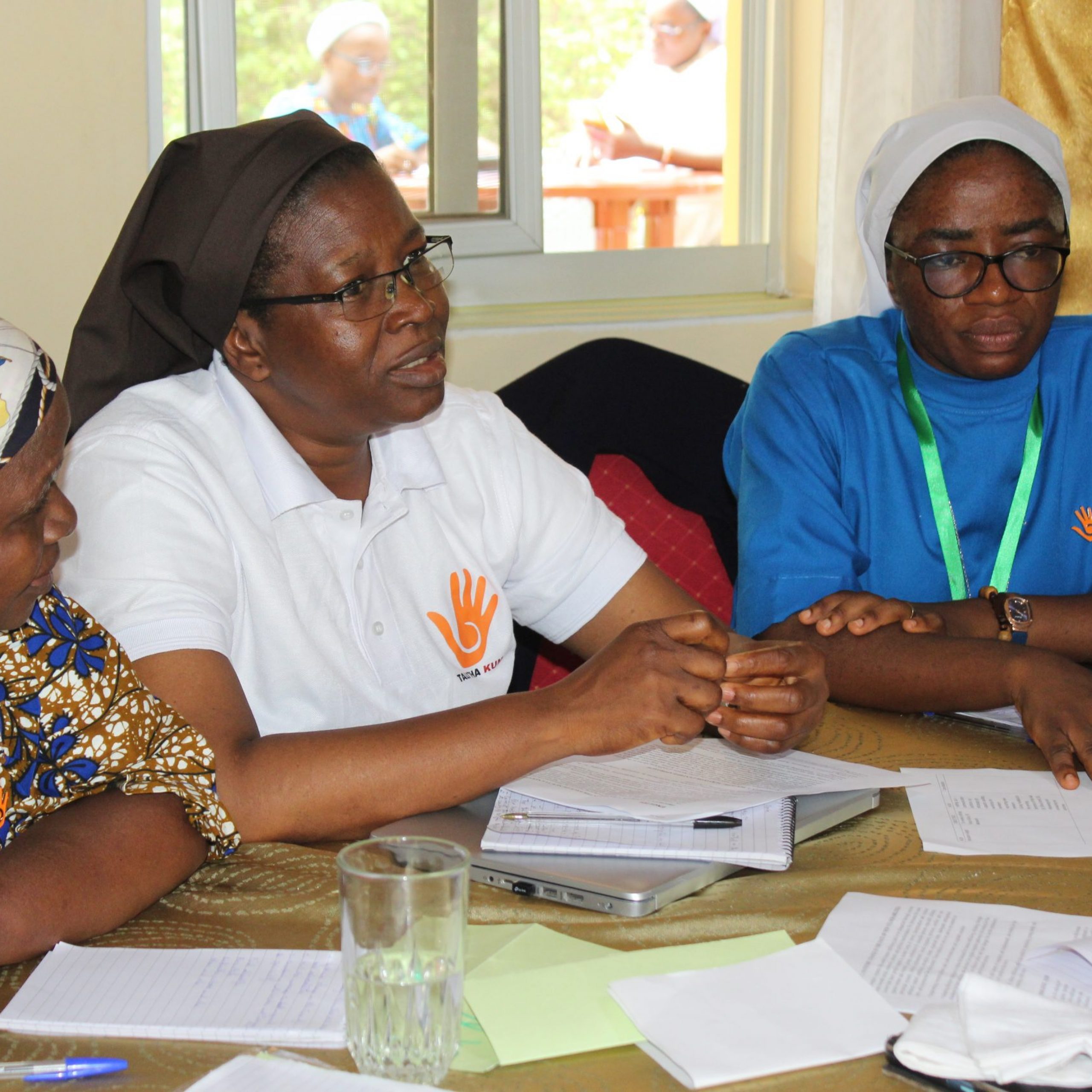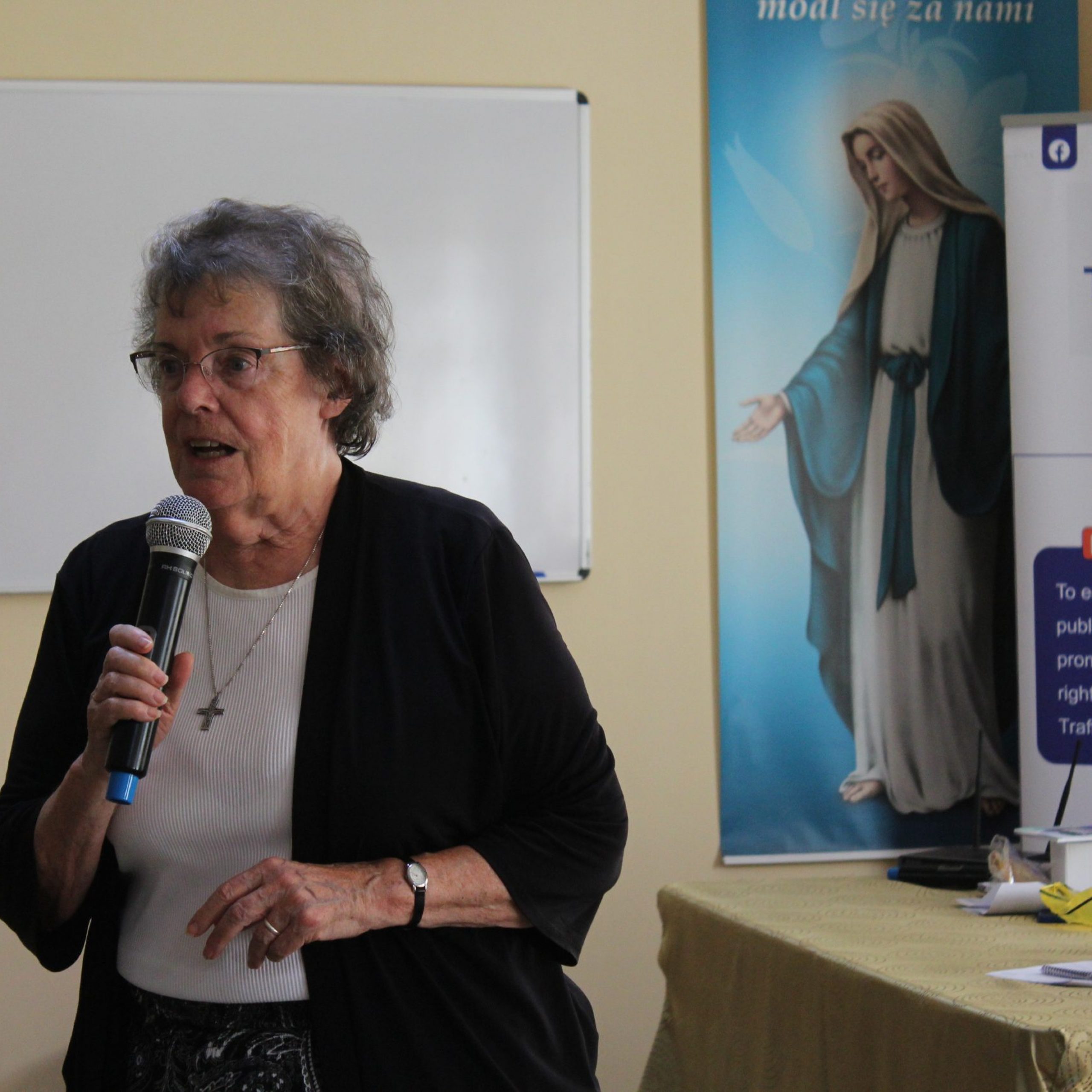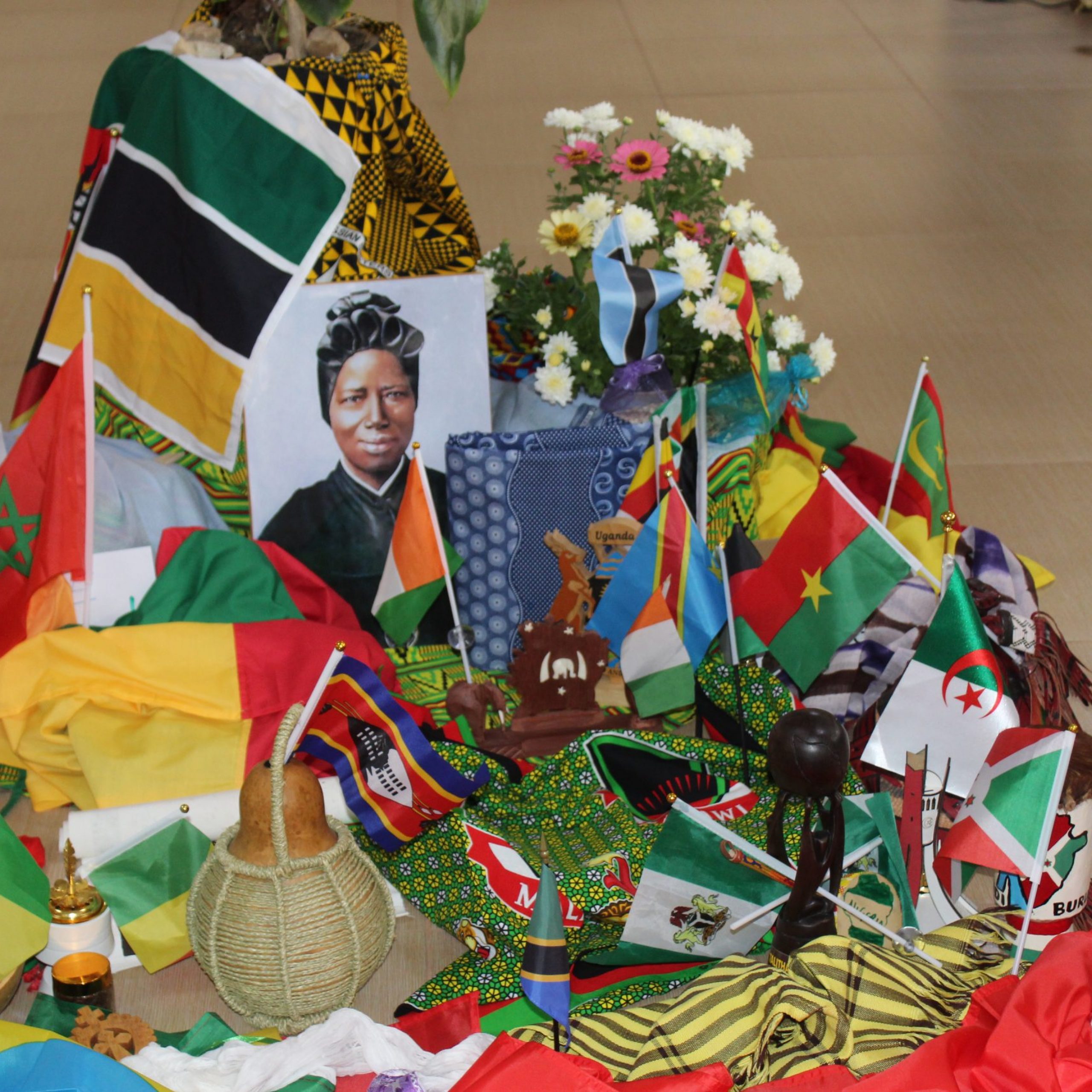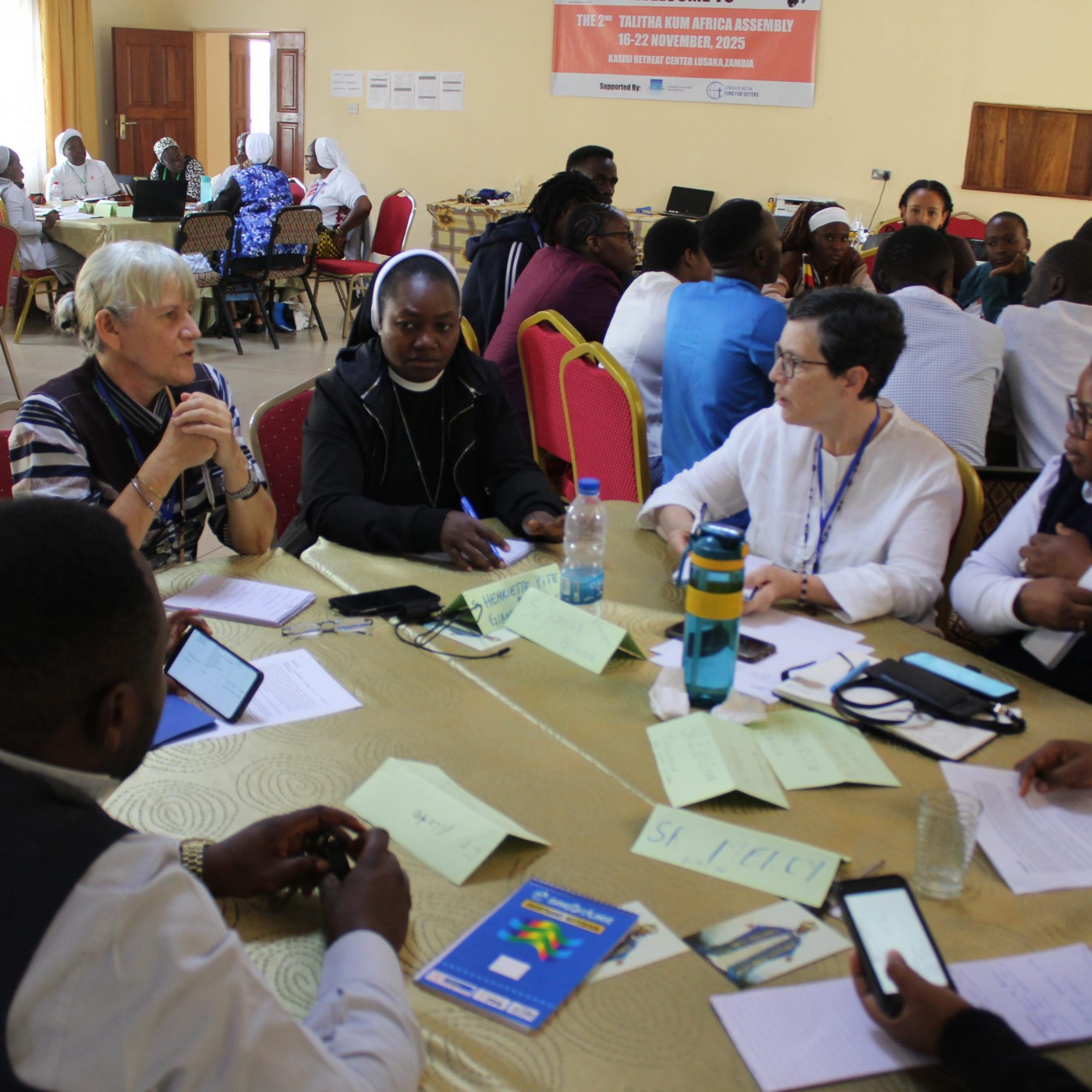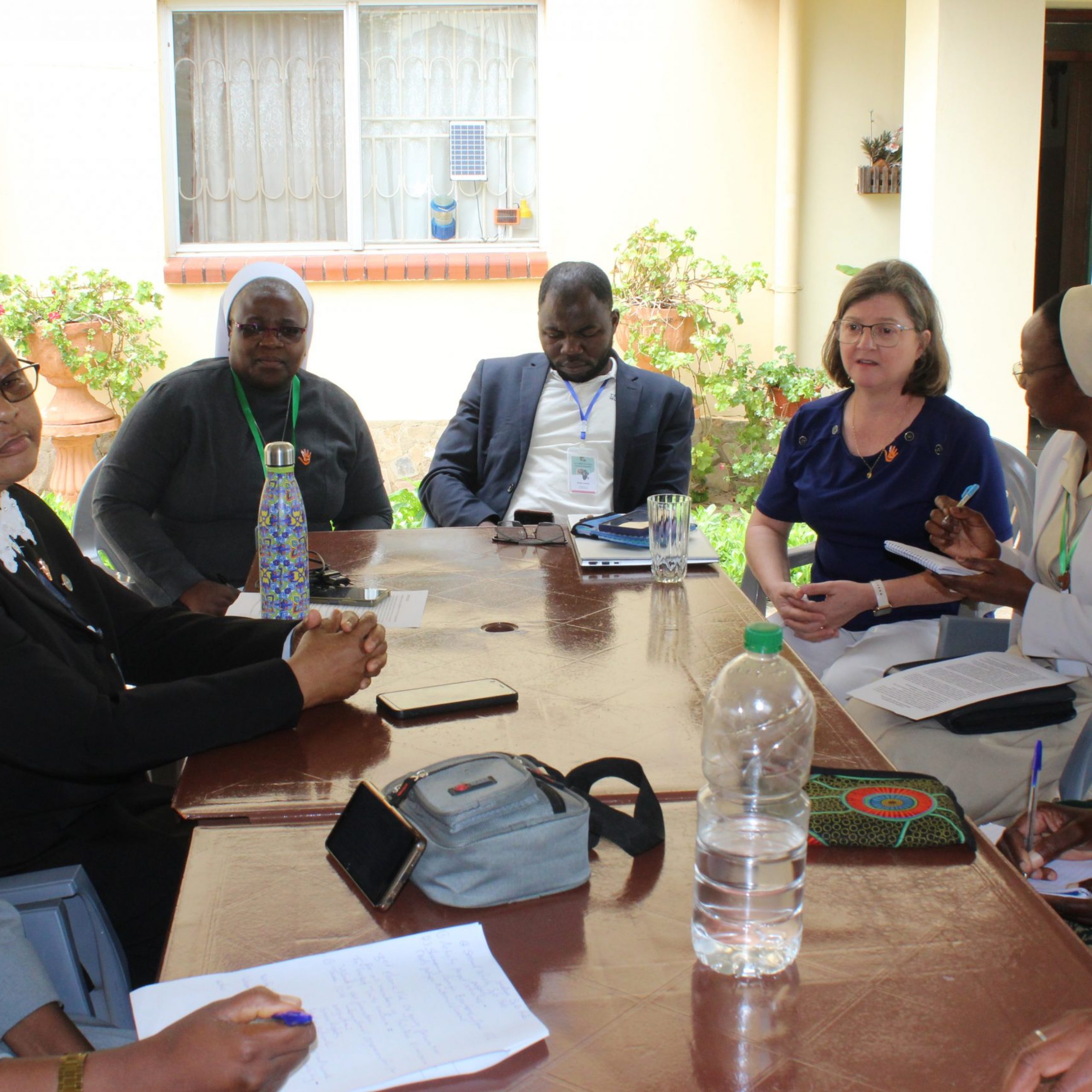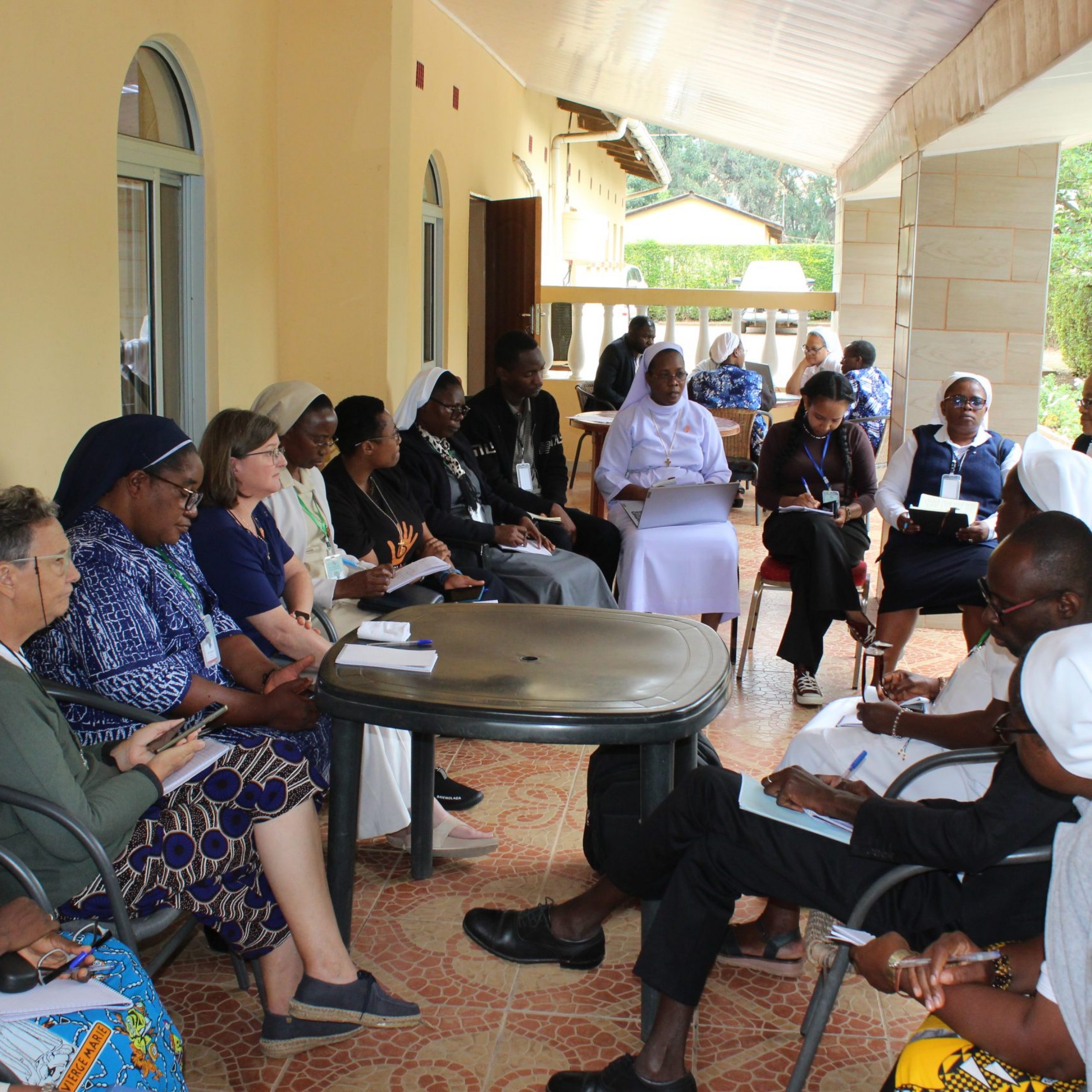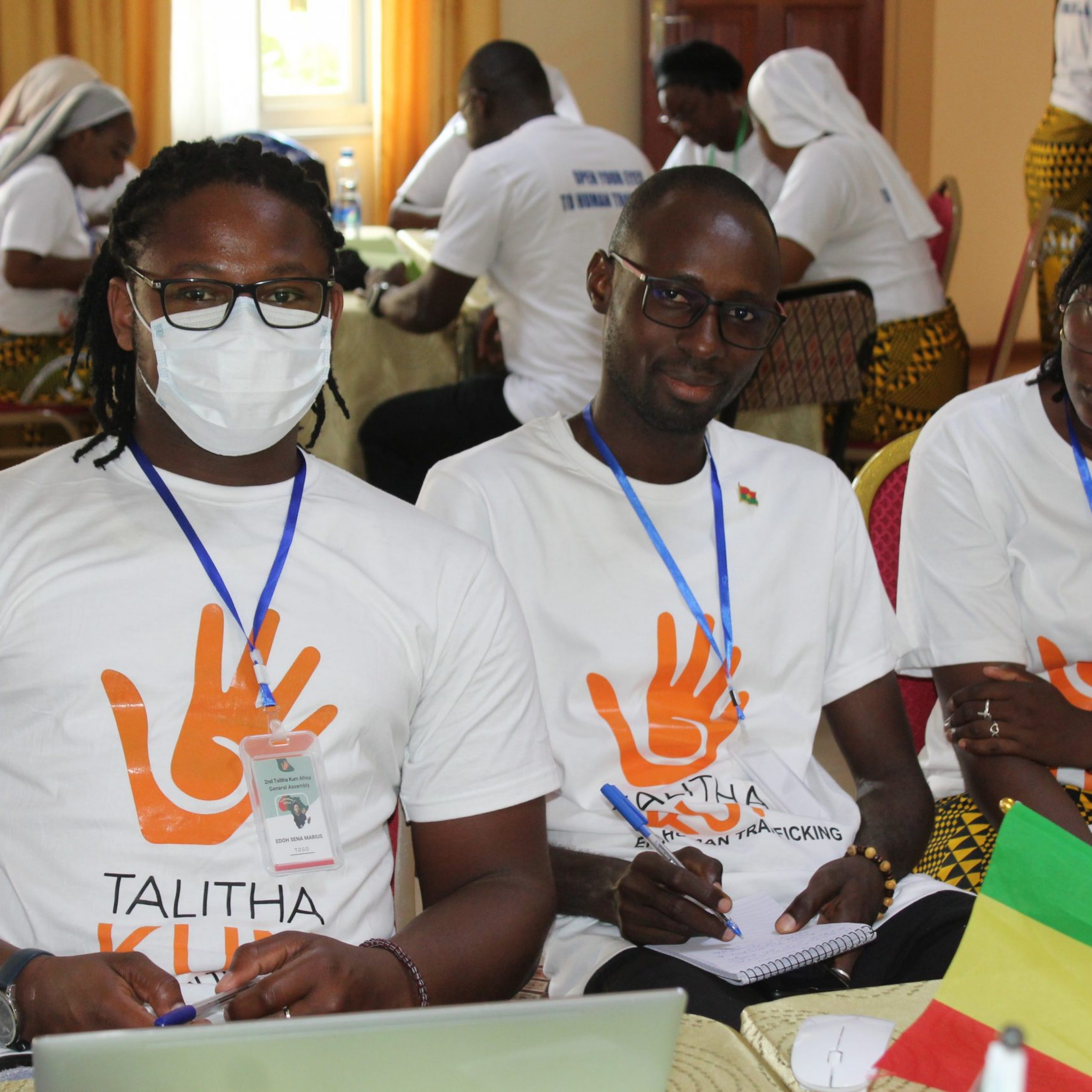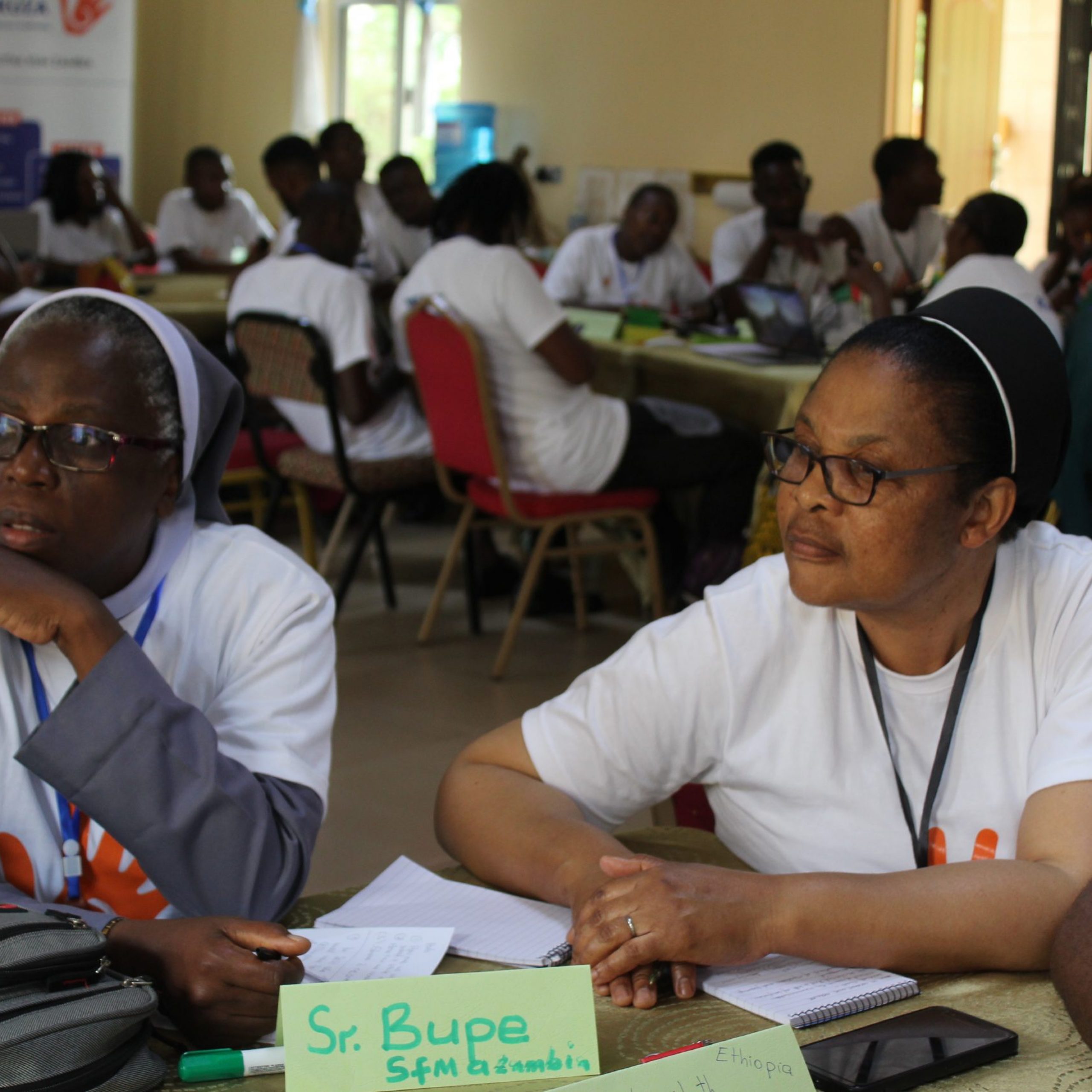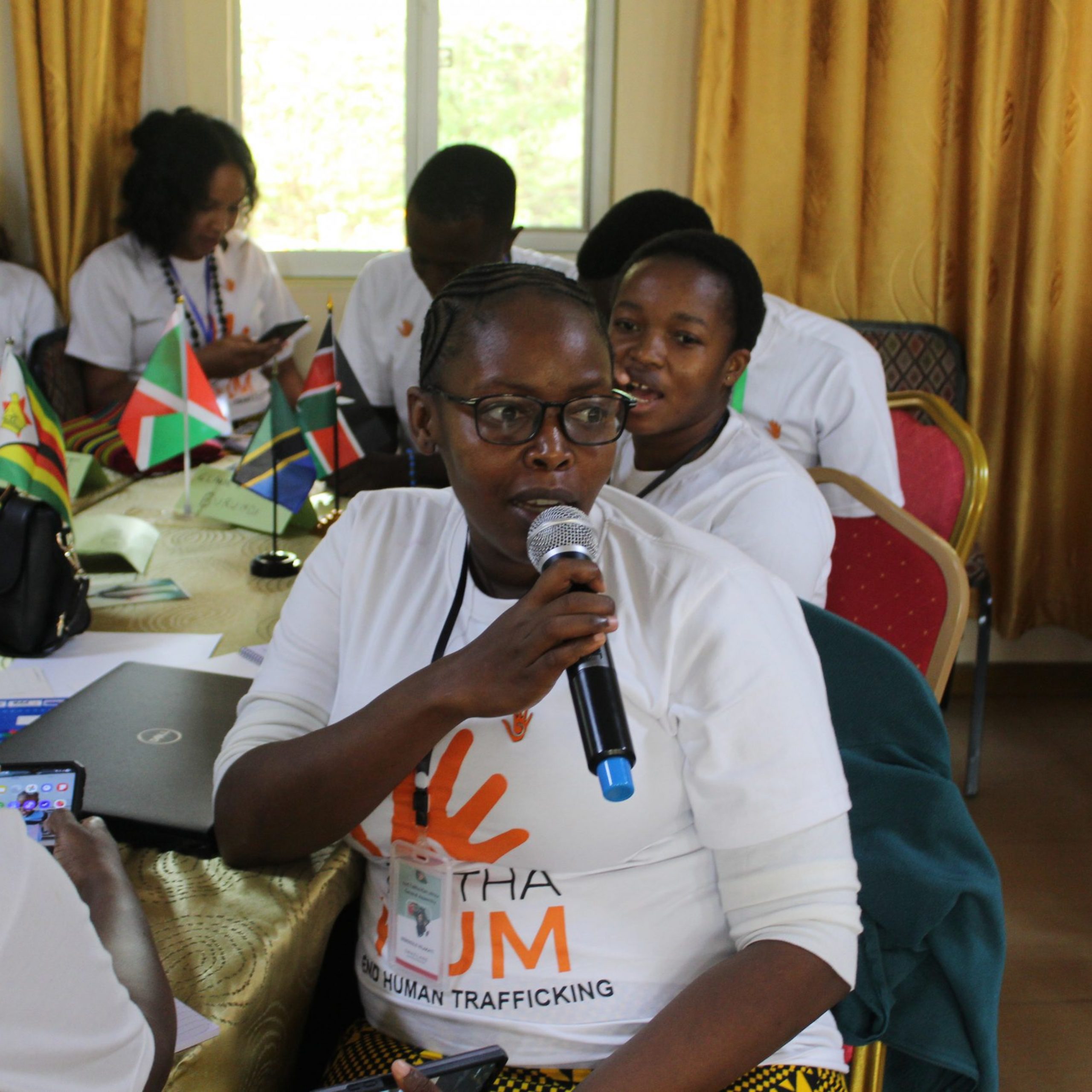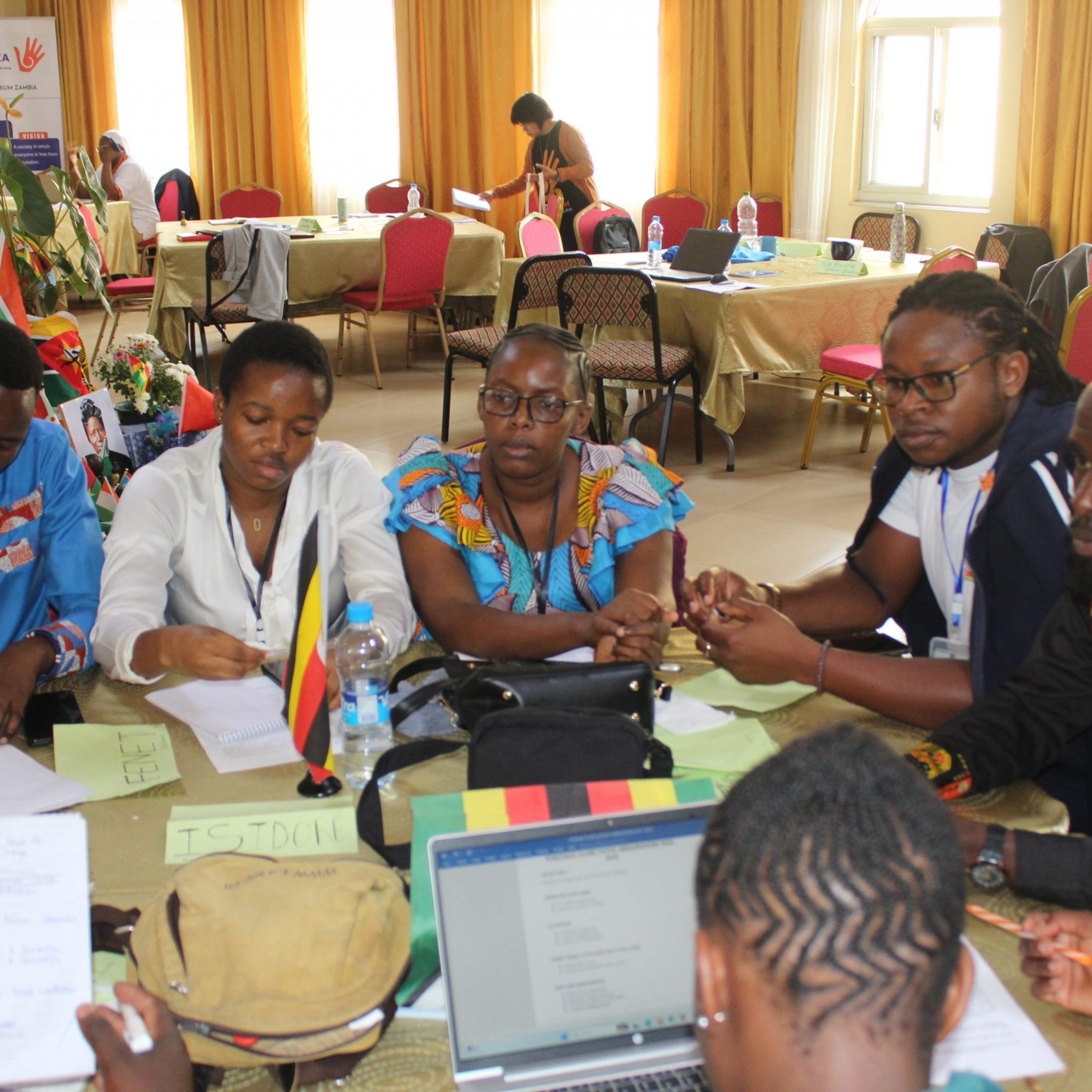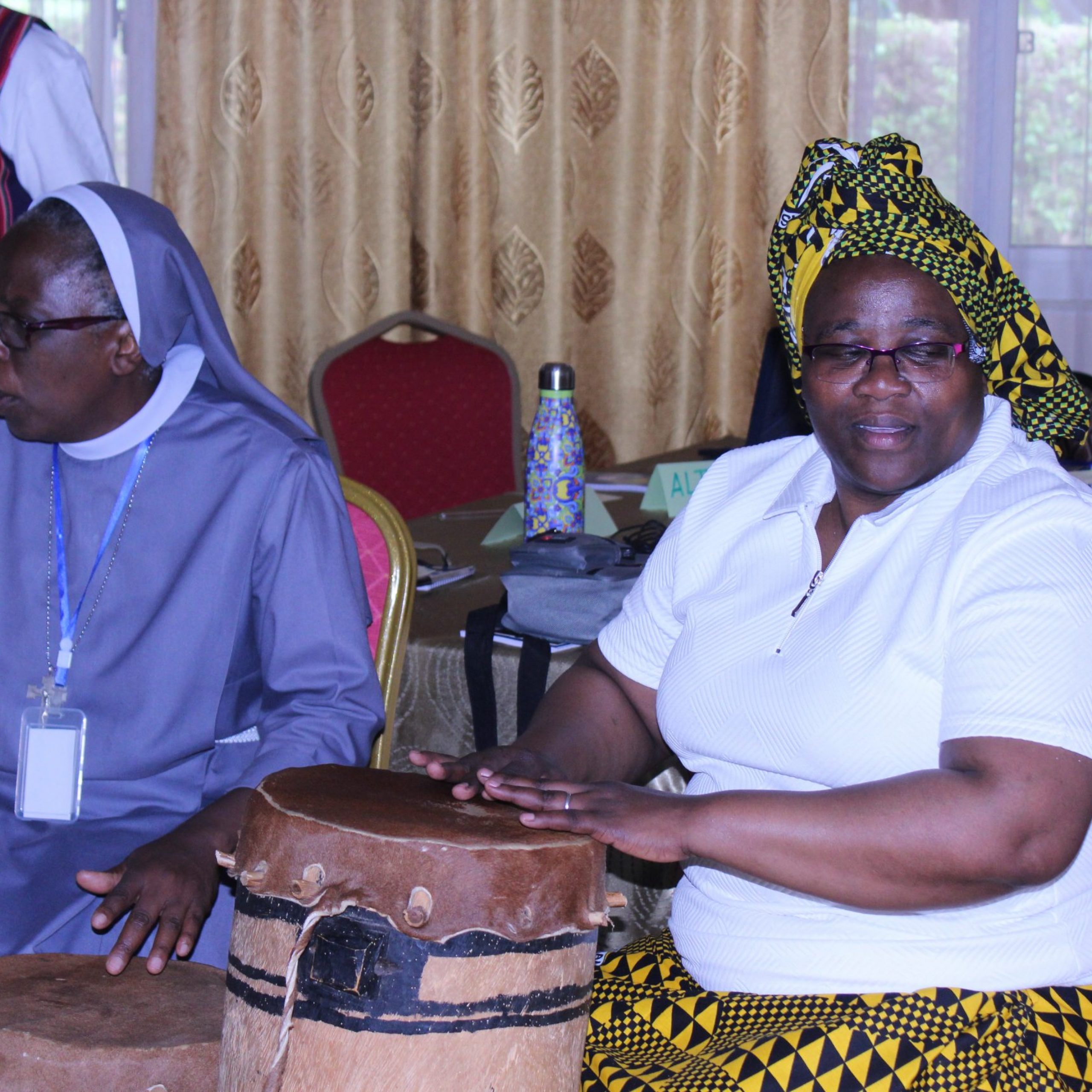Talitha Kum Africa (TK Africa) is a Regional Network of Religious Congregations, Clergy, and Individuals Working to Combat Trafficking in persons. It brings together all Talitha Kum Networks in Africa and highlights the necessary information about what we do and where we operate as networks. There are 24 countries in Talitha Kum Africa. Talitha Kum Africa has hubs based on Language and geographical location aimed at creating more synergies of action among border countries.

TK Africa Vision
Mission
To be an African Society without Human Trafficking.
To promote Action against Human Trafficking through Education, Networking and Advocacy.
Our Values
Strategic Objectives
- Networking
- Human Dignity
- Solidarity
- To Create Talitha Kum National Networks in 40 African Countries by 2025
- To Train 200 Youth Ambassadors and 300 Network Members in Counter-trafficking by 2025
- To Strengthen TK Africa National Networks by 2025
- To advocate policies and Laws that protect victims of Human Trafficking at national levels by 2025

ST. BAKHITA
Although she was just a child, she was forced to walk barefoot over 600 miles (965km) to a slave market. For the next 12 years she would be bought, sold and given away over a dozen times. She spent so much time in captivity that she forgot her original name.
As a slave, her experiences varied from fair treatment to cruel. Her first owner, a wealthy Arab, gave her to his daughters as a maid. The assignment was easy until she offended her owner’s son, possibly for the crime of breaking a vase. As punishment, she was beaten so severely she was incapacitated for a month. After that, she was sold.
Her last family had dealings in Sudan and her mistress decided to travel to Sudan without Josephine, she placed her in the custody of the Canossian Sisters in Venice. While she was in the custody of the sisters, she came to learn about God. According to Josephine, she had always known about God, who created all things, but she did not know who He was. The sisters answered her questions. She was deeply moved by her time with the sisters and discerned a call to follow Christ.
When her mistress returned from Sudan, Josephine refused to leave. Her mistress spent three days trying to persuade her to leave the sisters, but Josephine remained steadfast. The superior of the institute complained to Italian authorities on Josephine’s behalf.
The case went to court, and the court found that slavery had been outlawed in Sudan before Josephine was born, so she could not be lawfully made slave. She was declared free. For the first time in her life, Josephine was free and could choose what to do with her life. She chose to remain with the Canossian Sisters.
She died on February 8, 1947.
Saint Josephine Bakhita is the patron saint of Sudan and her feast day is celebrated on February 8.
Thus five main points were identified.
Training – Communication – Young ambassadors – Prevention – Advocacy














